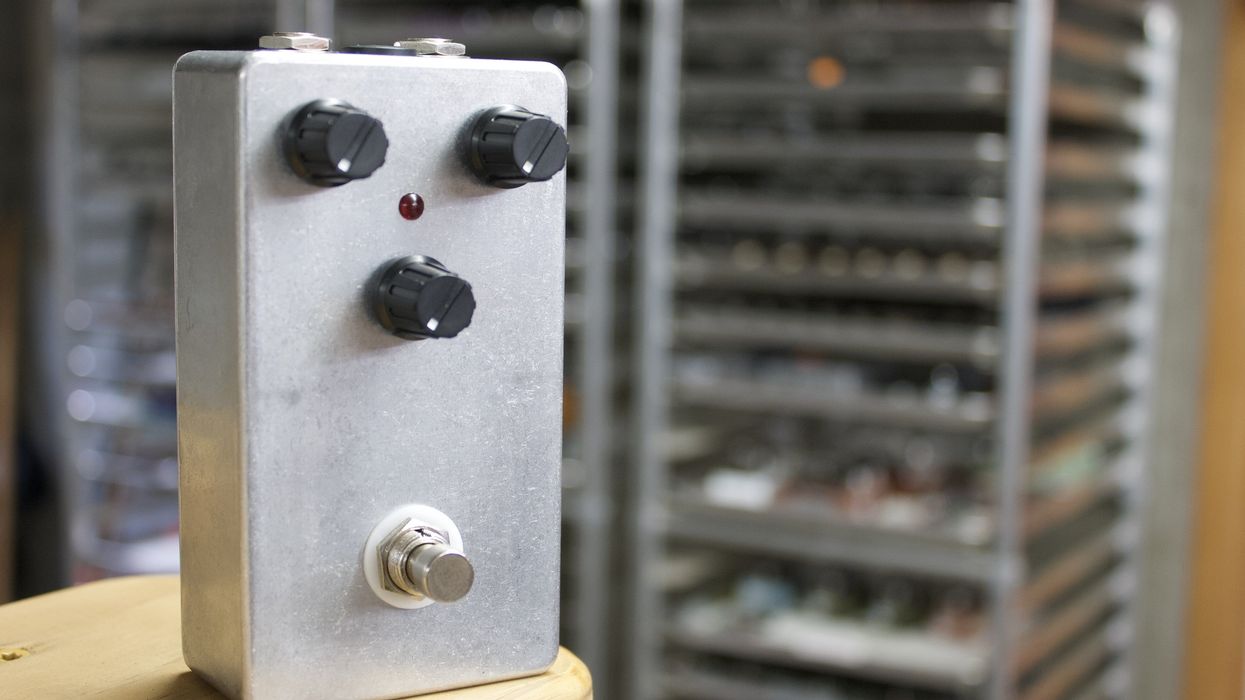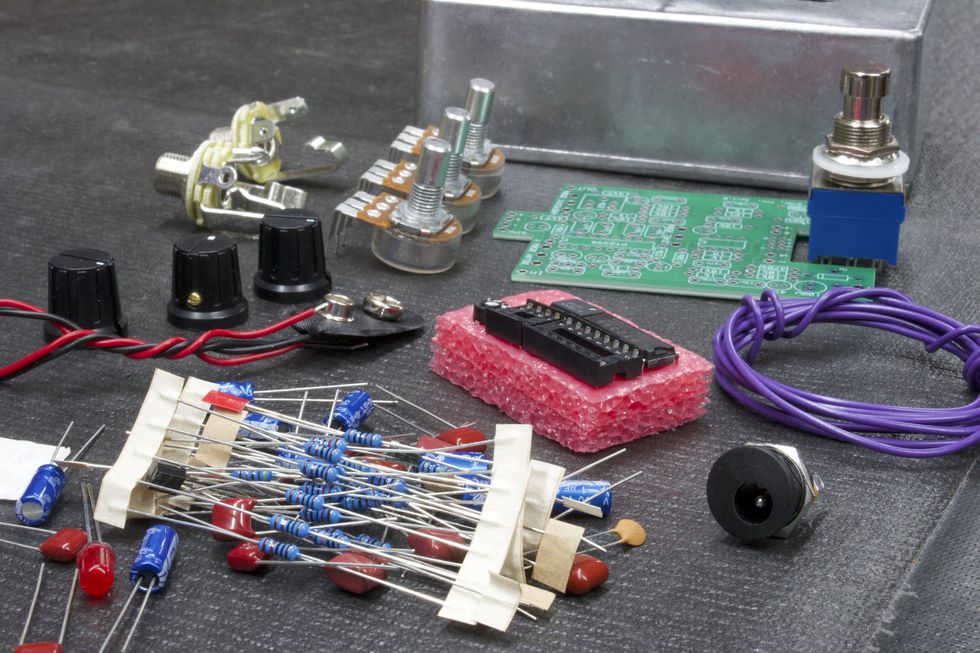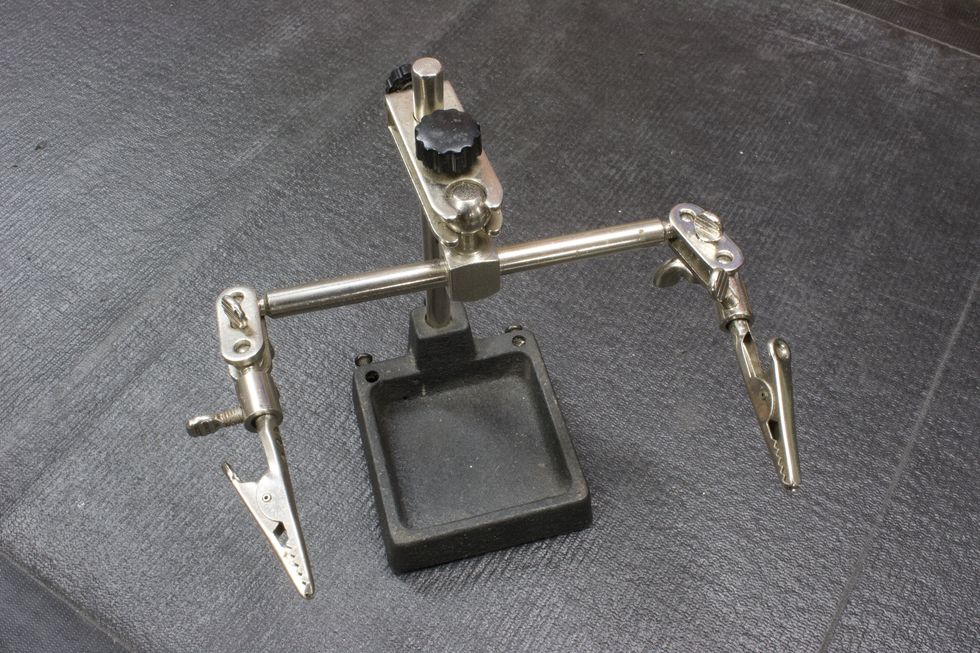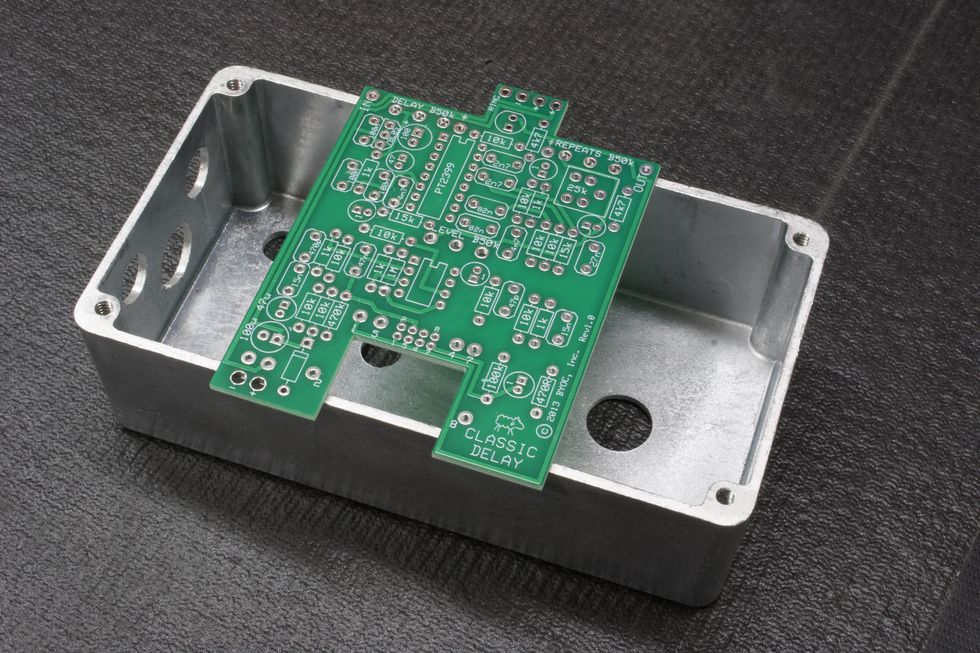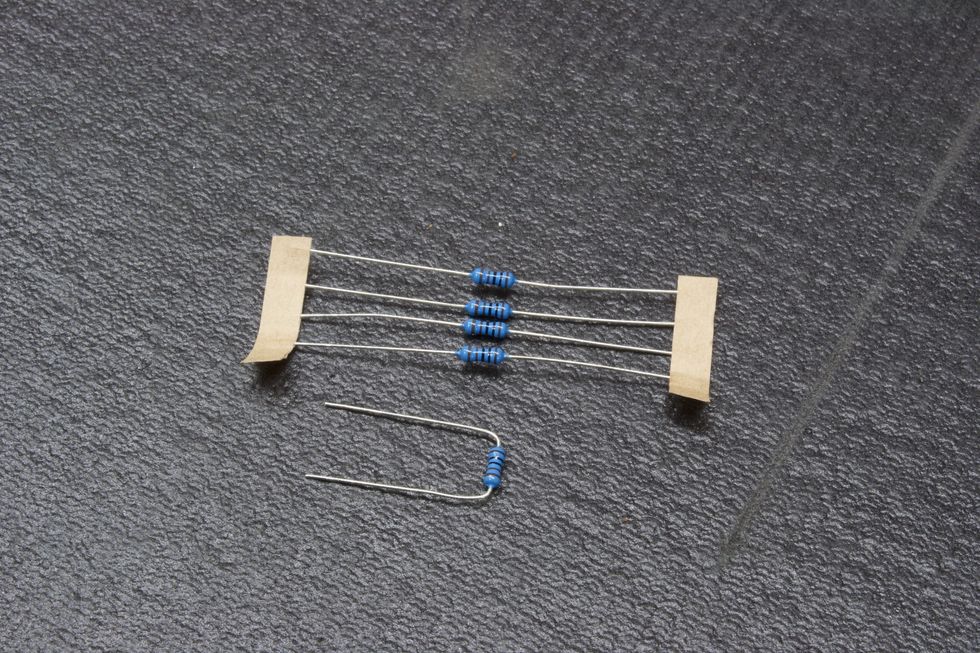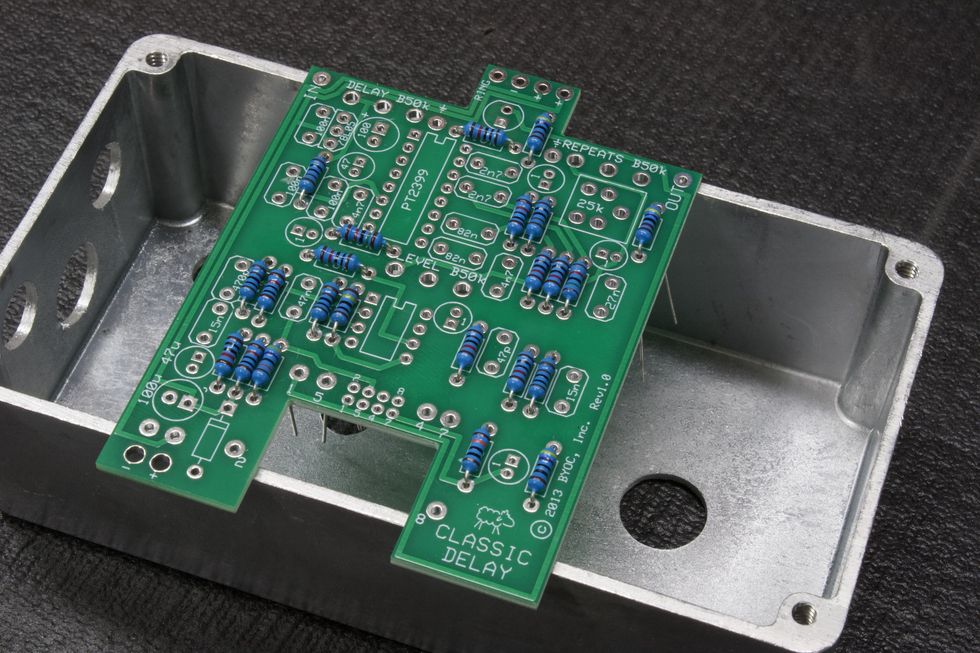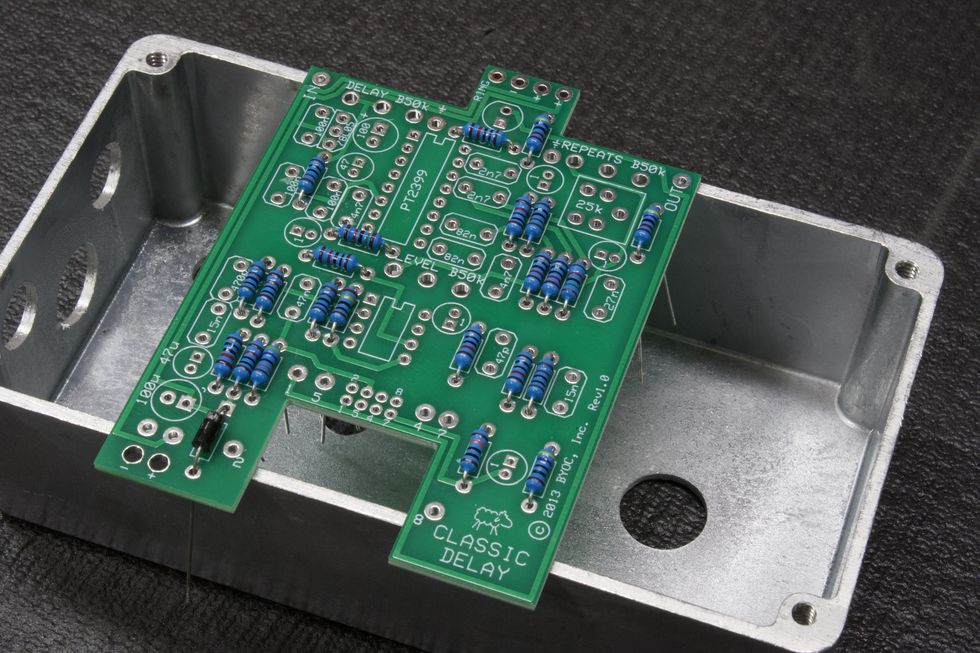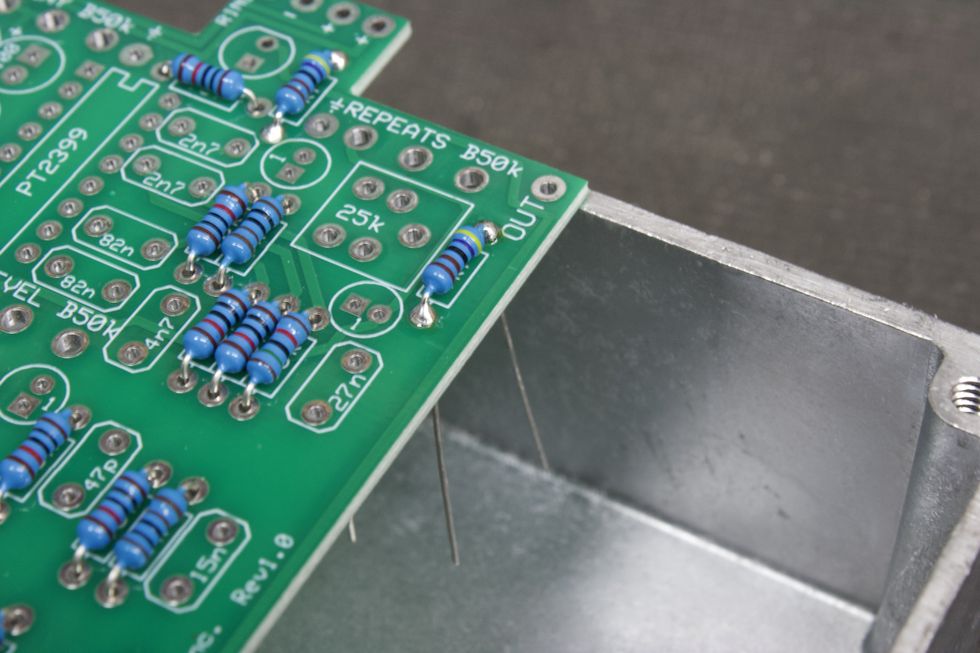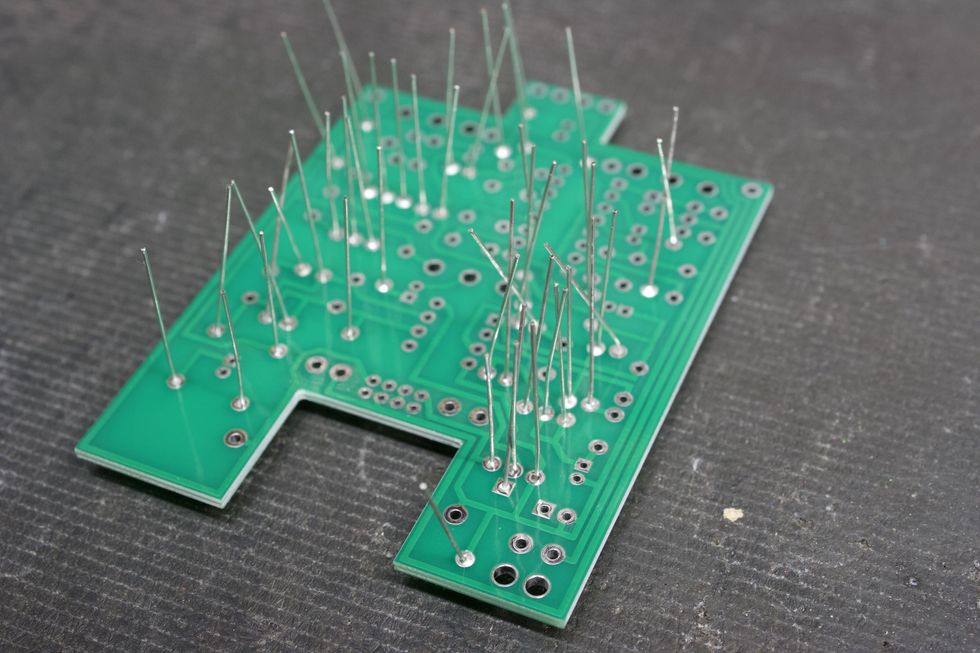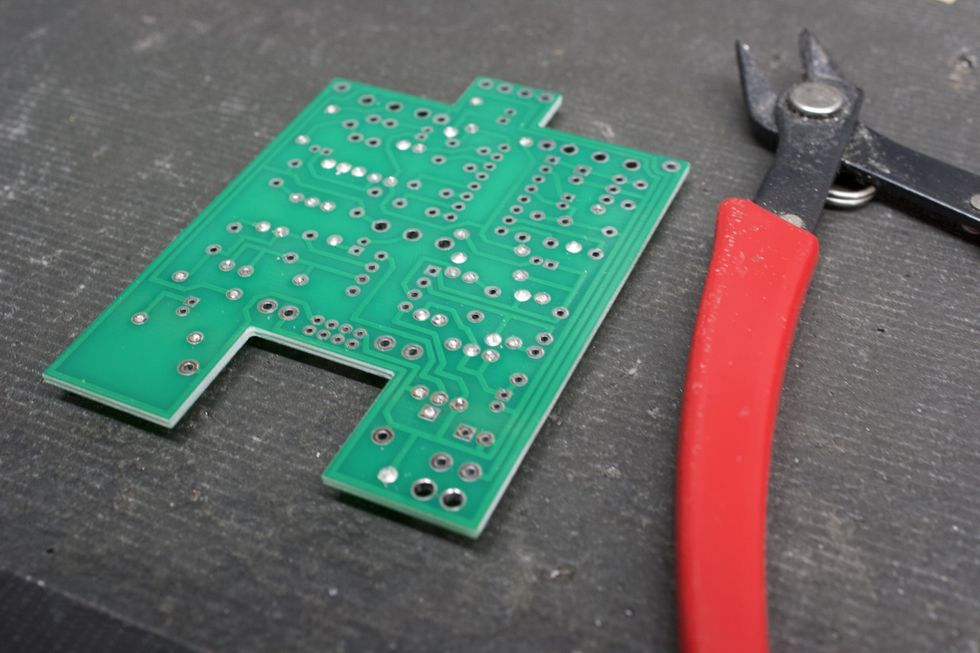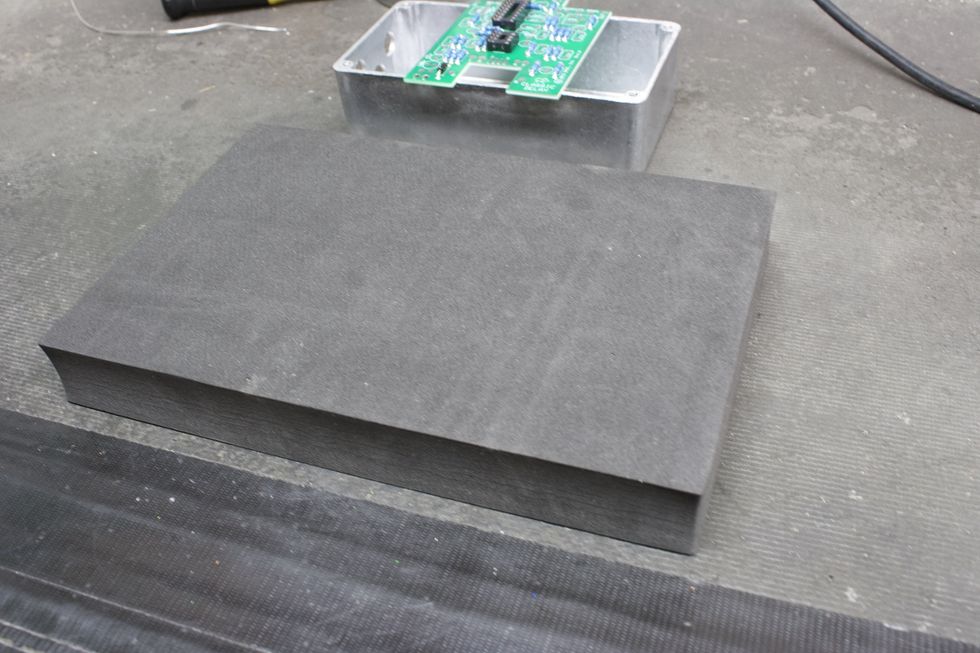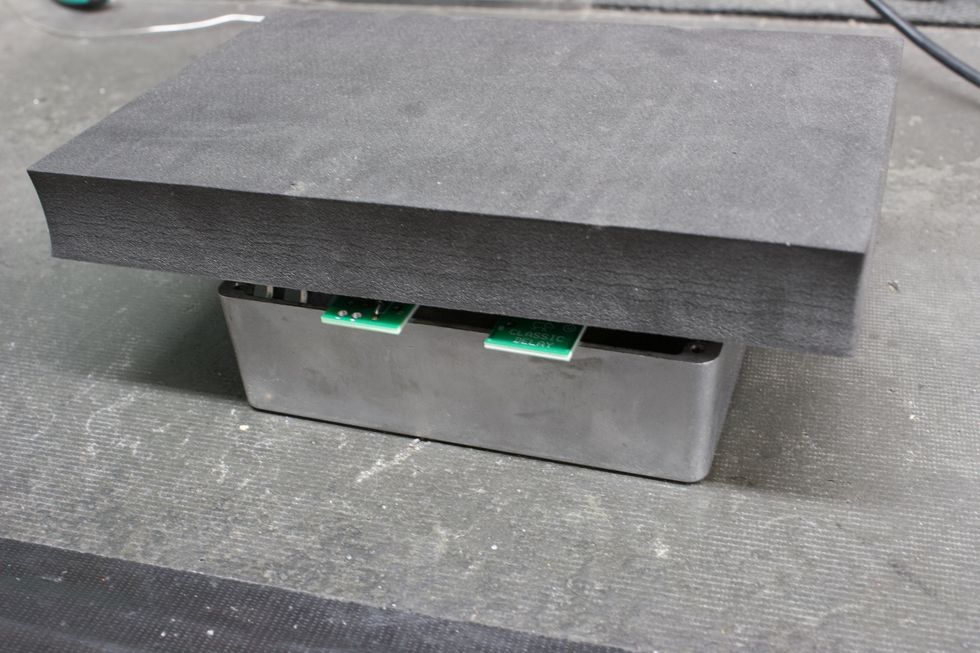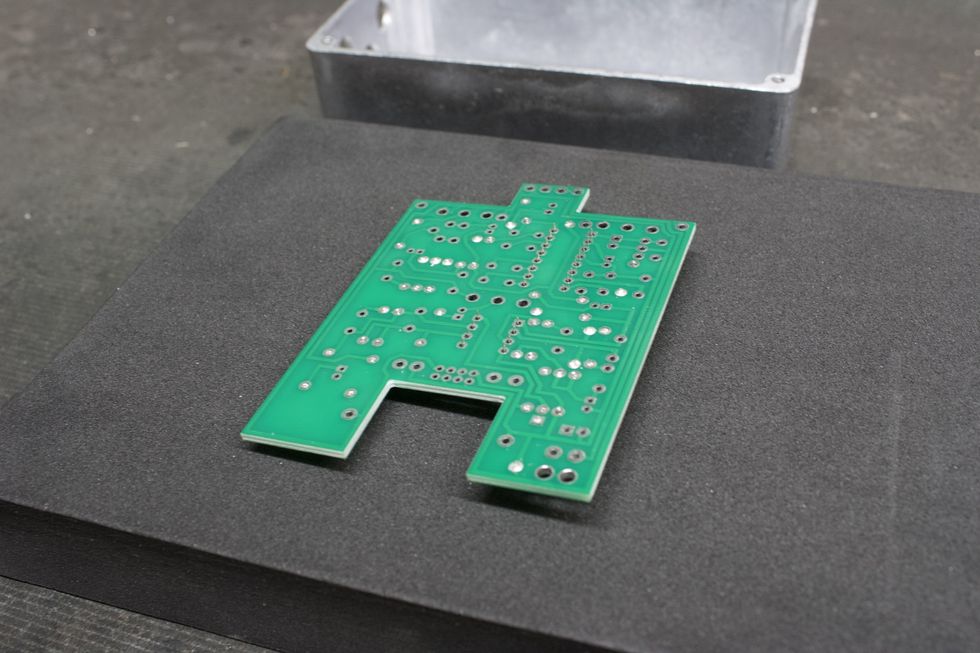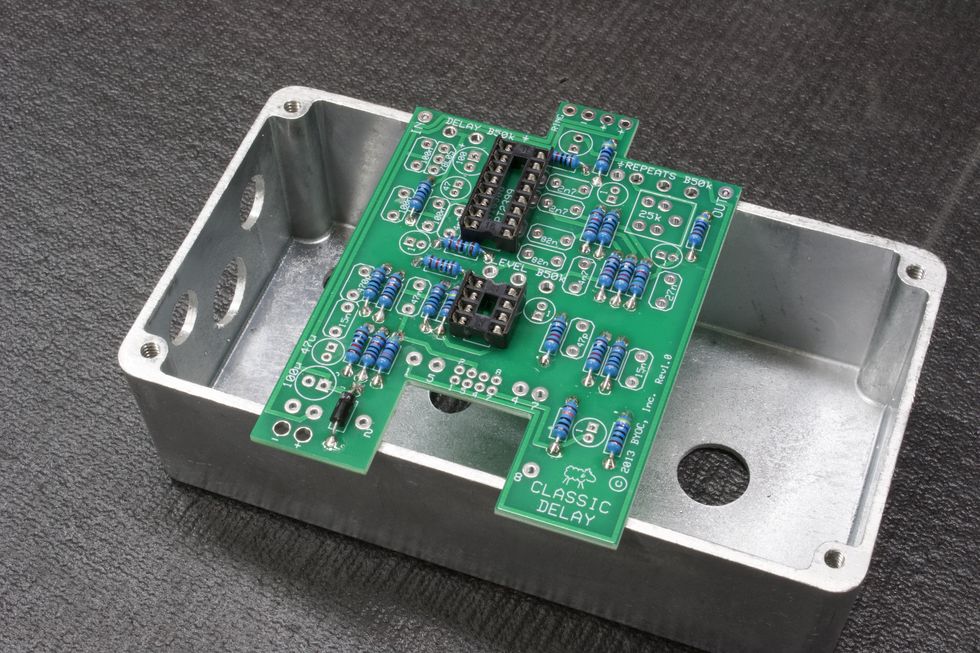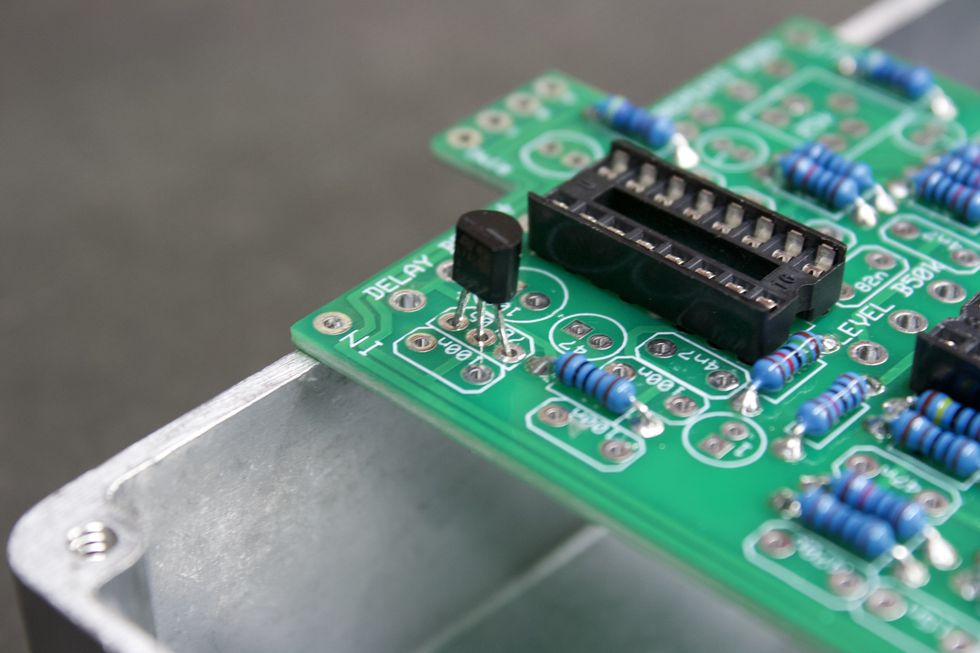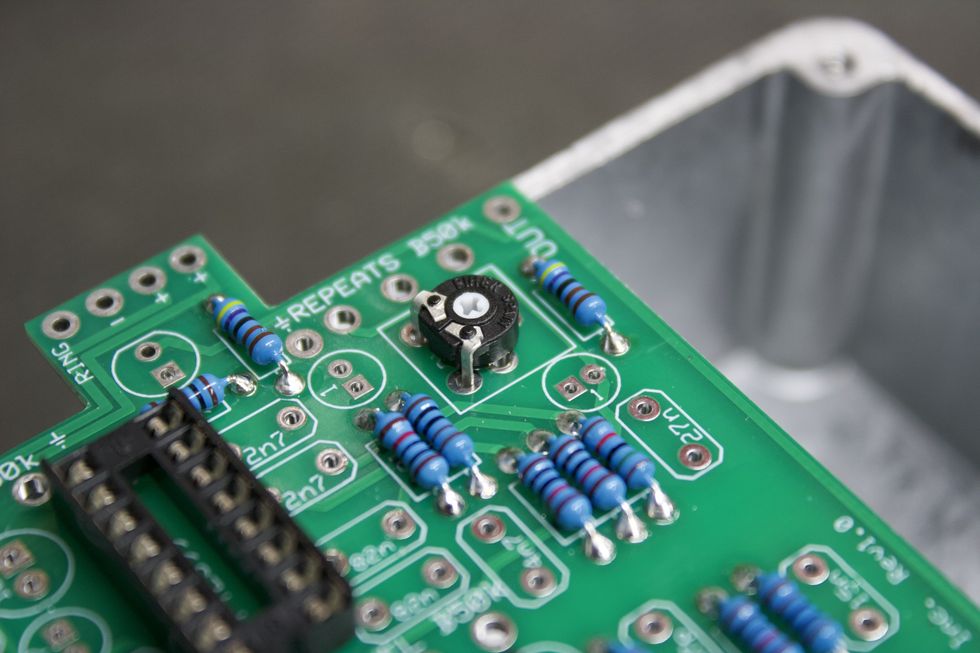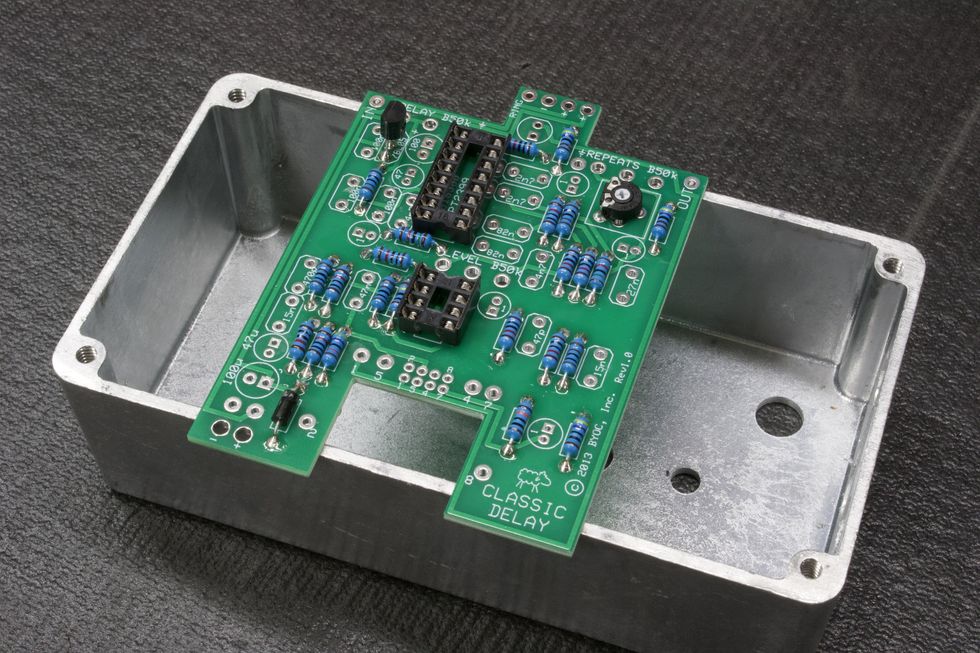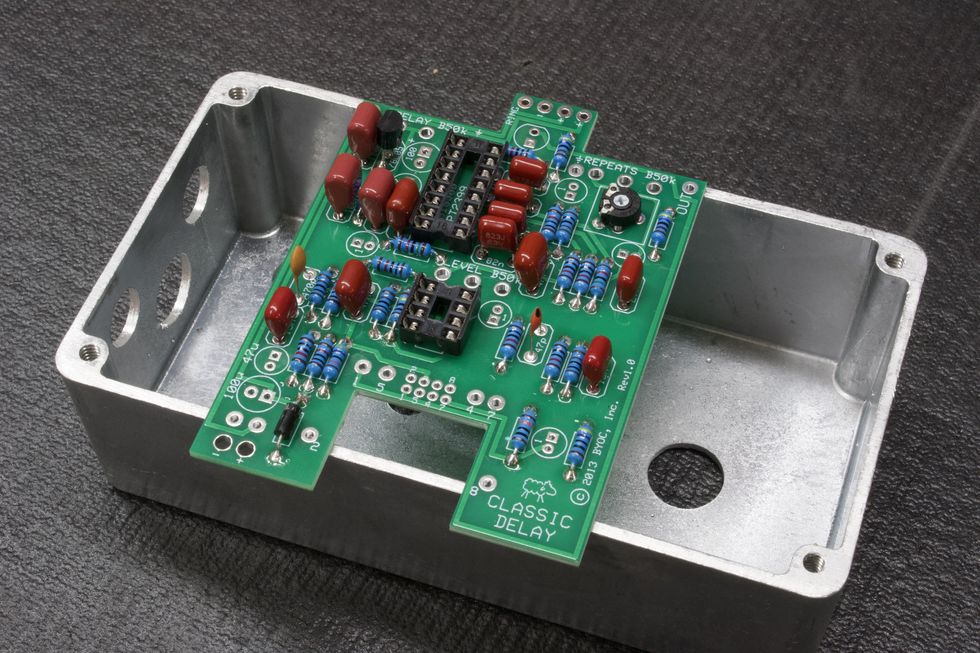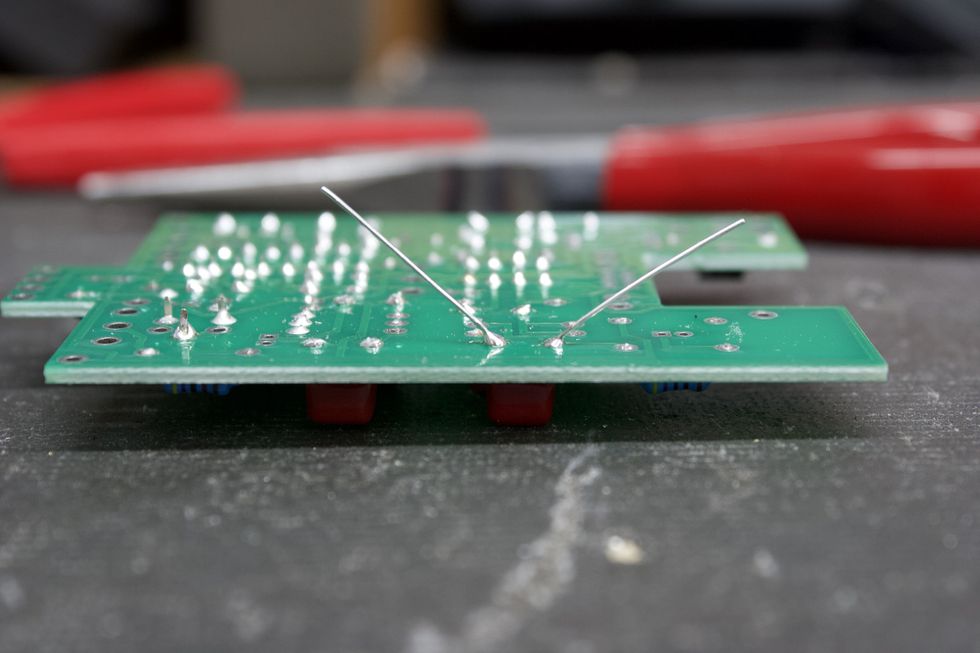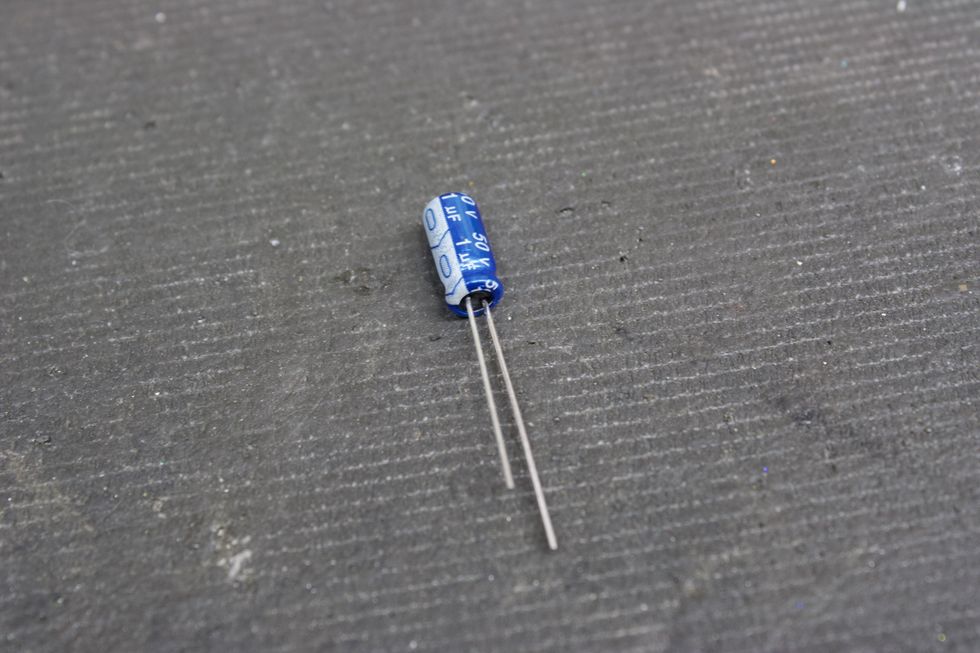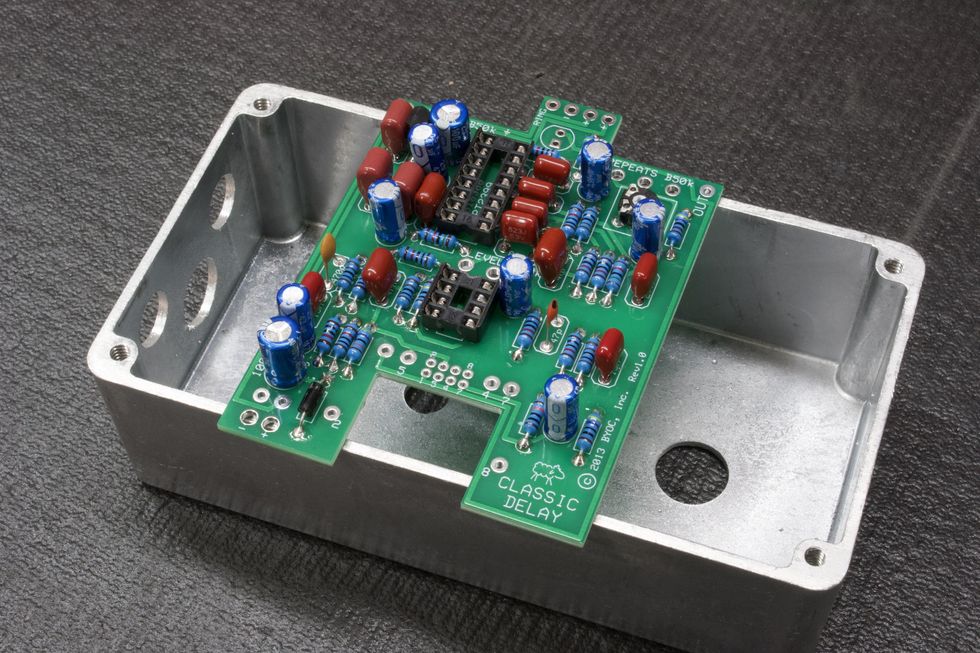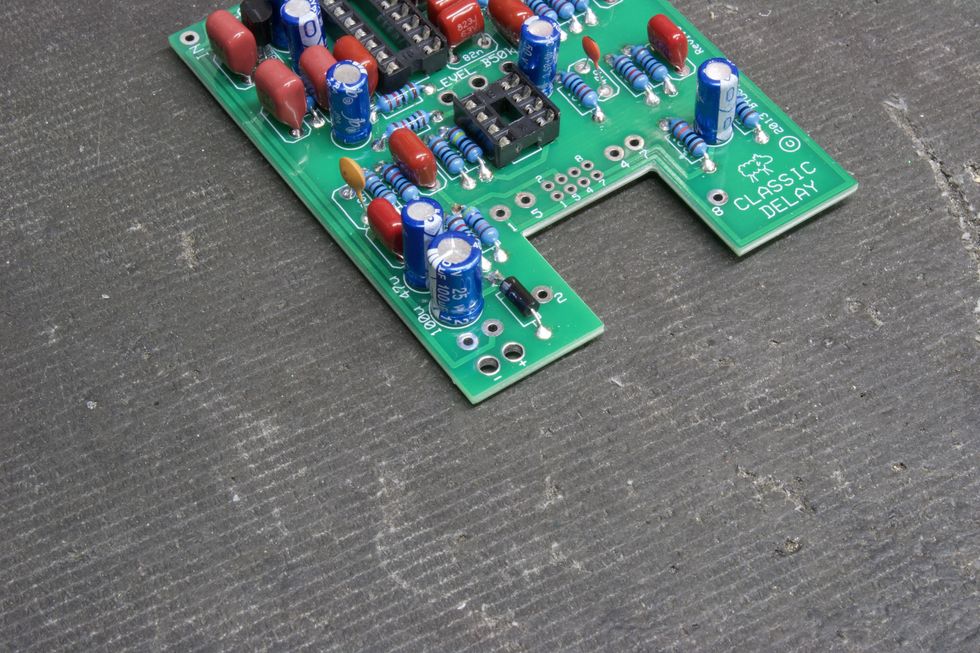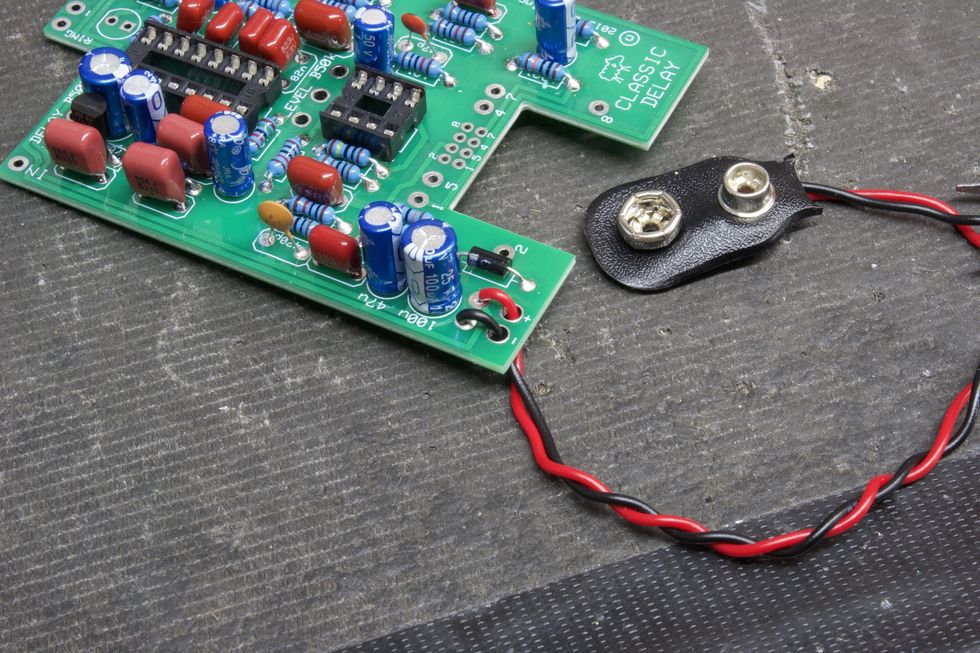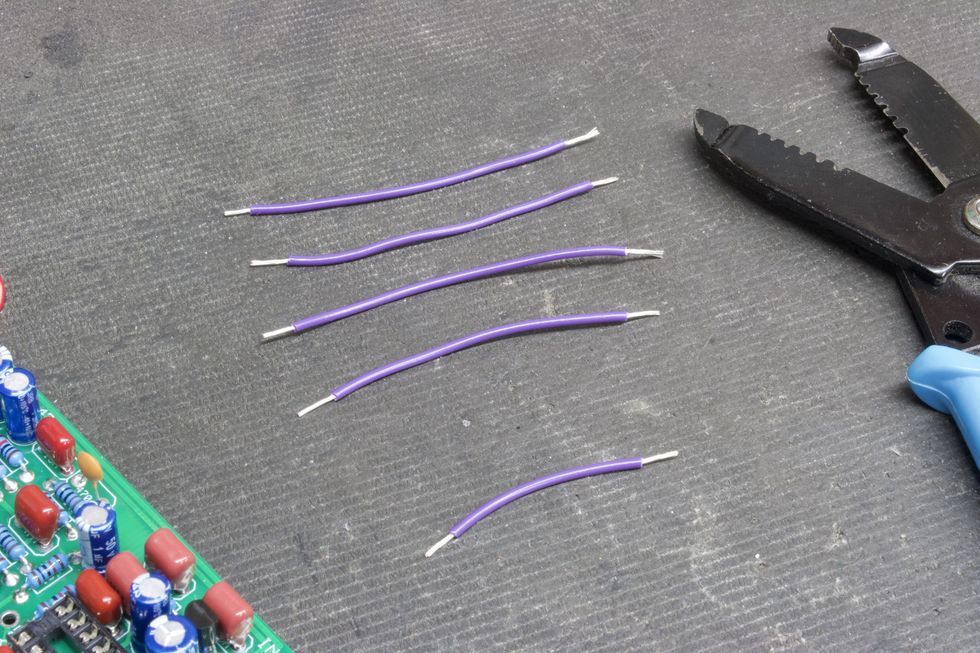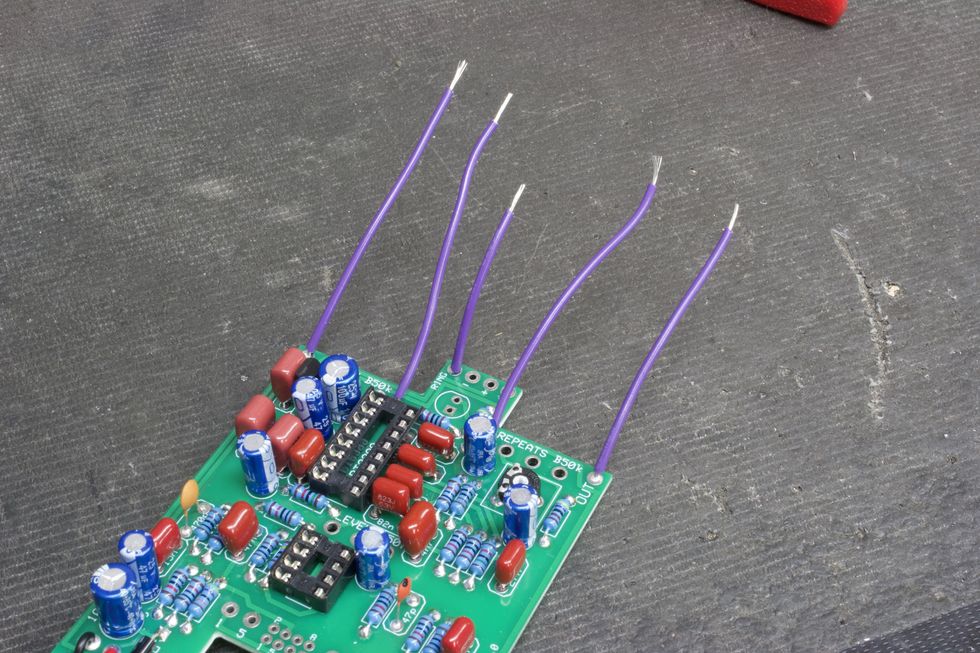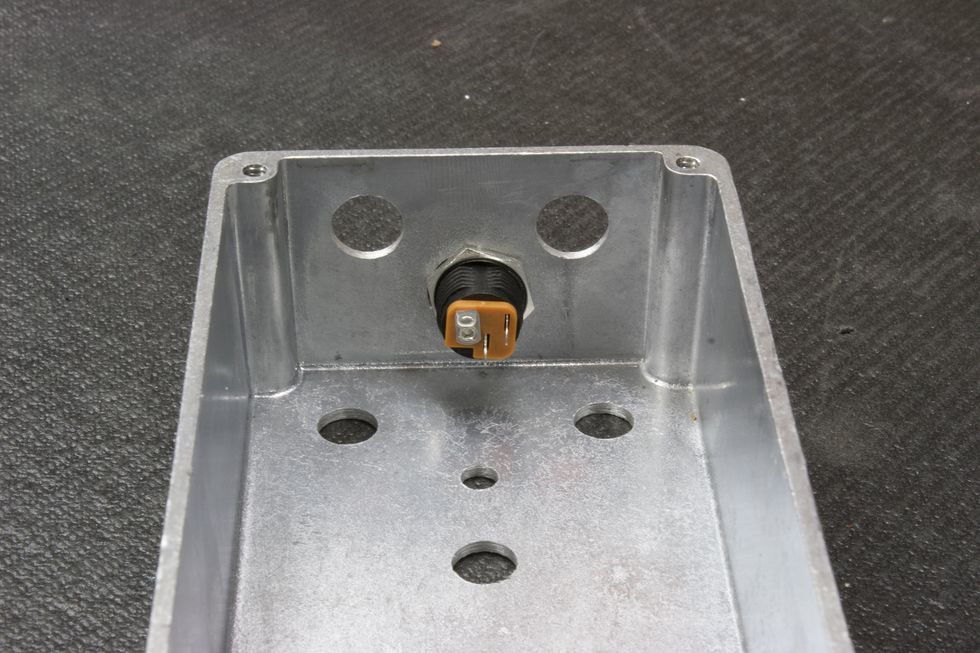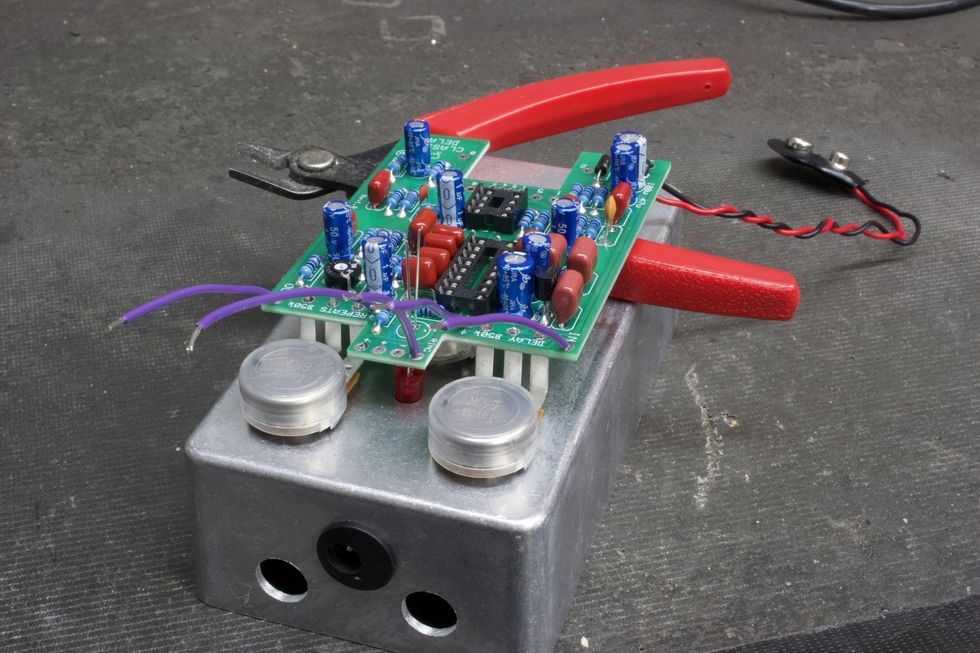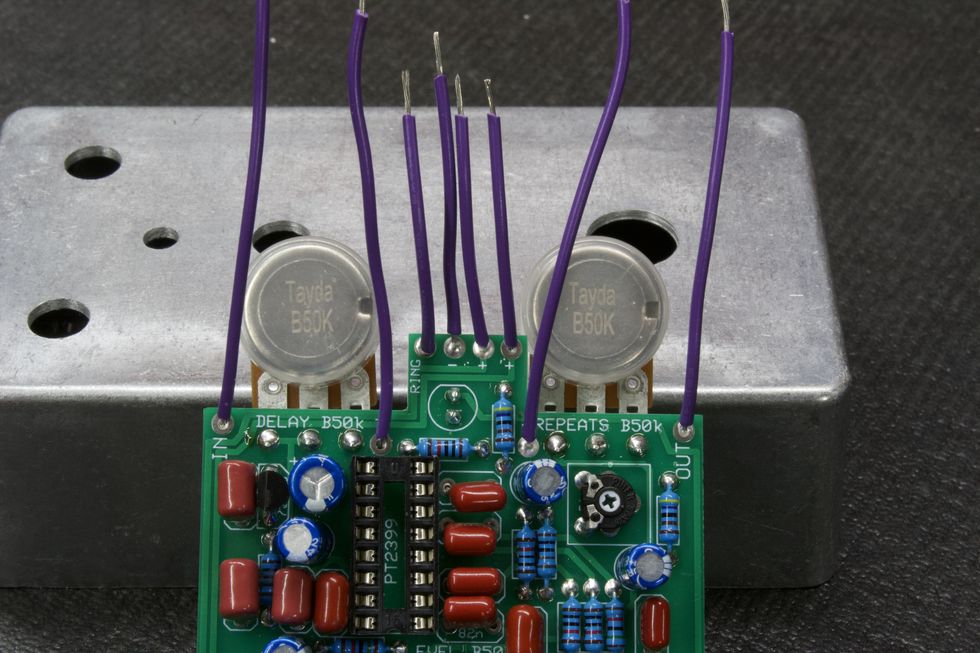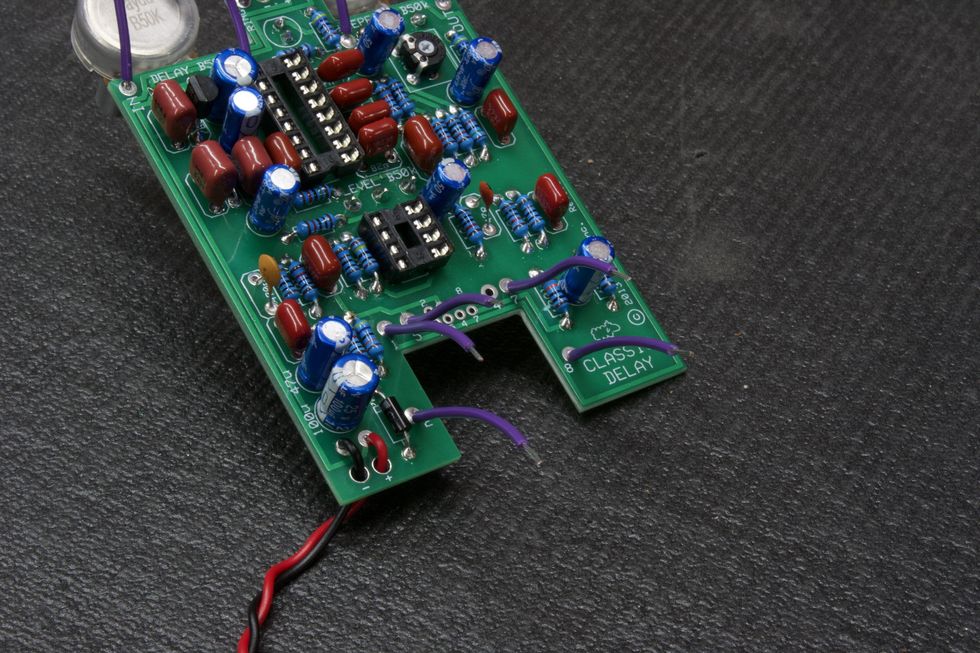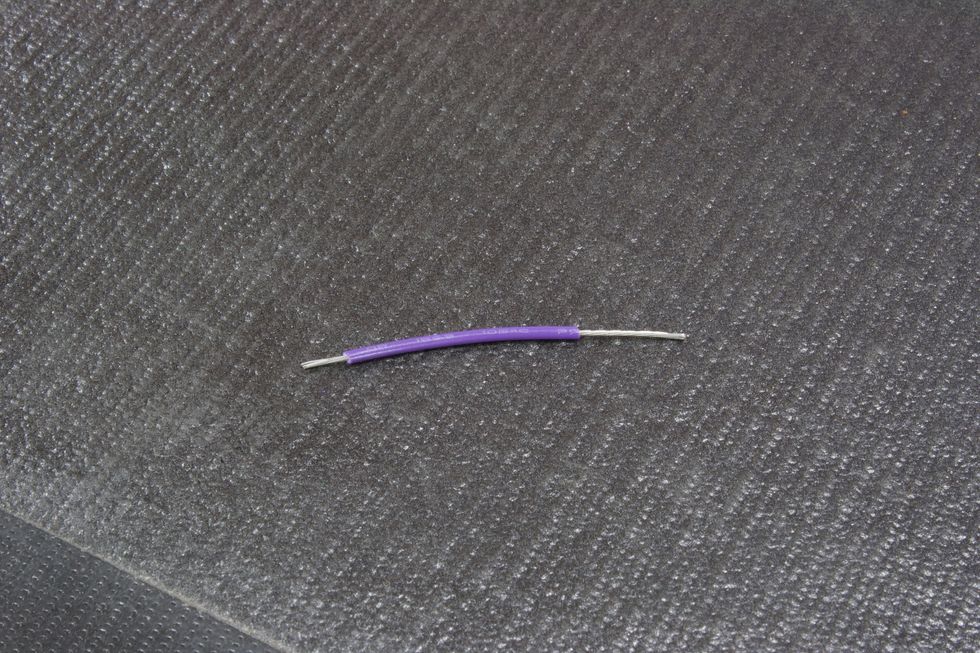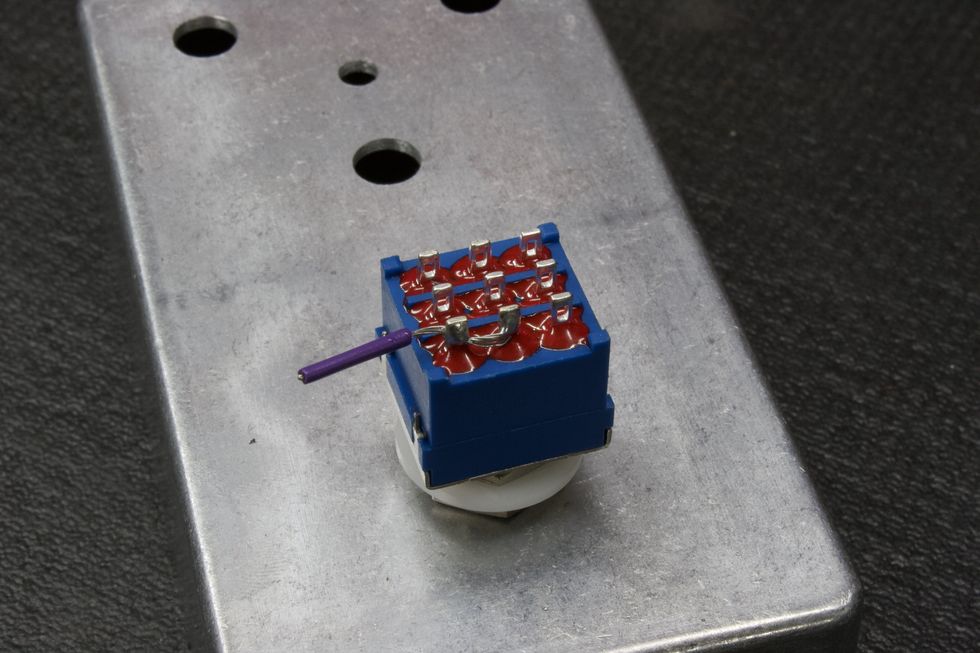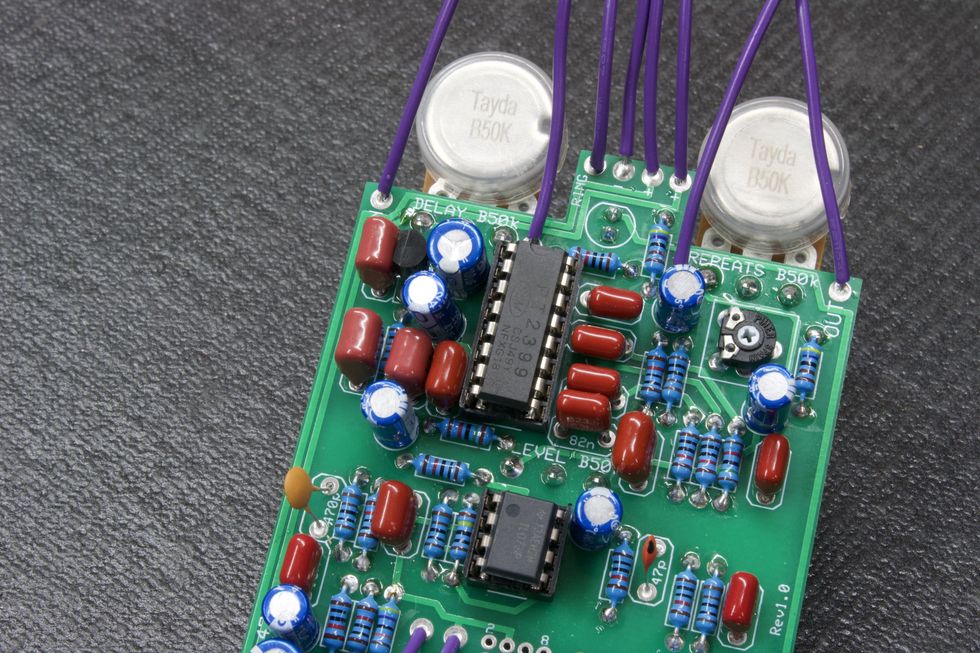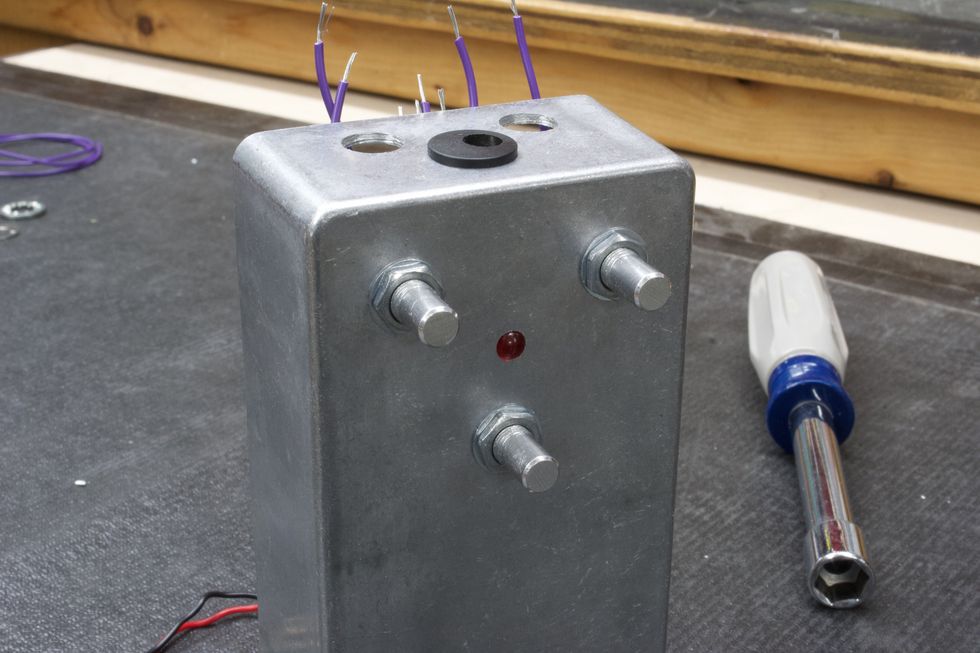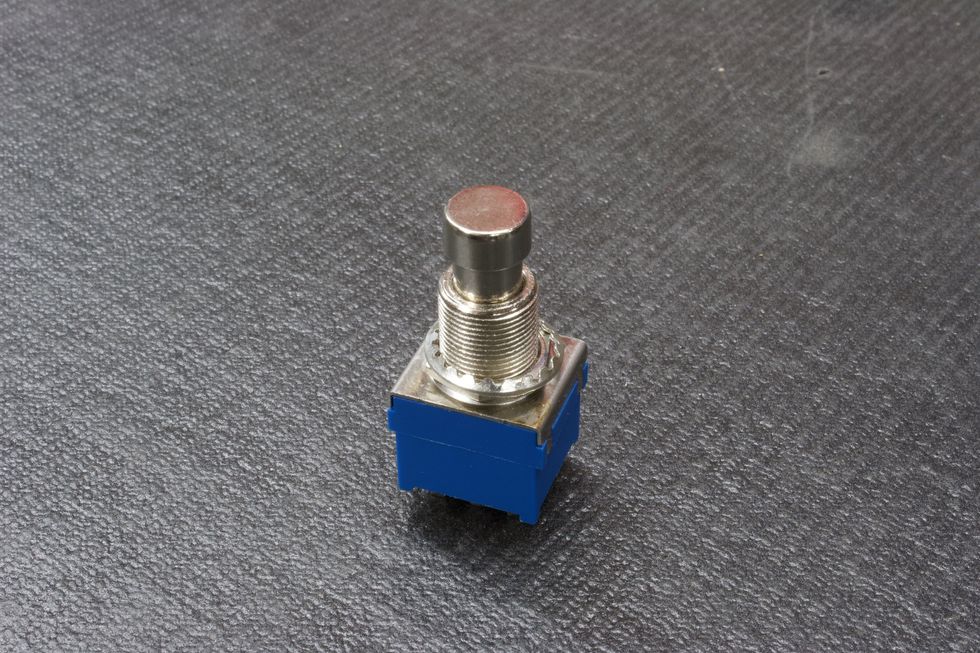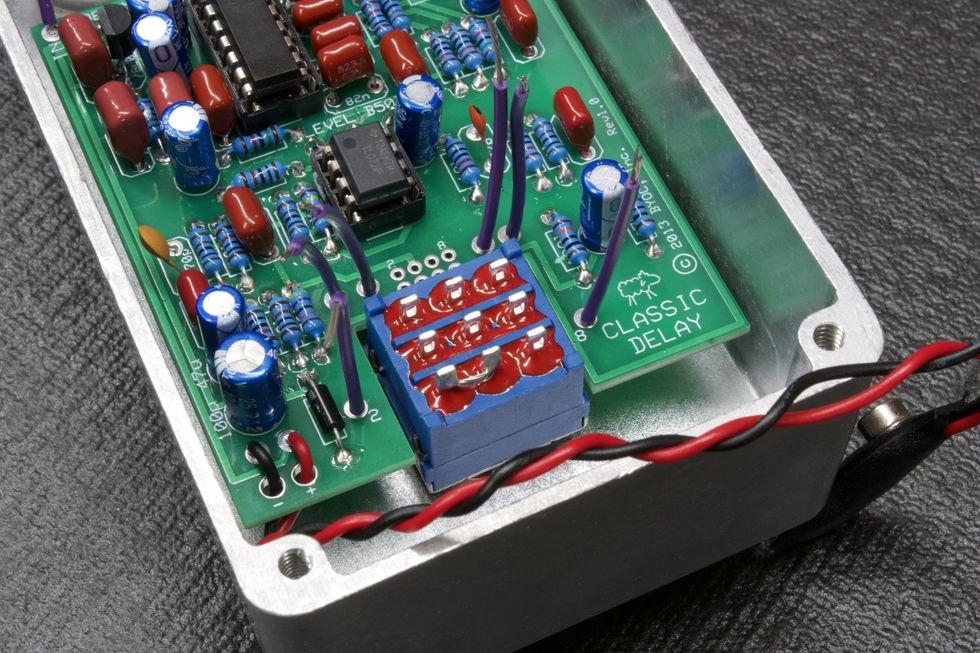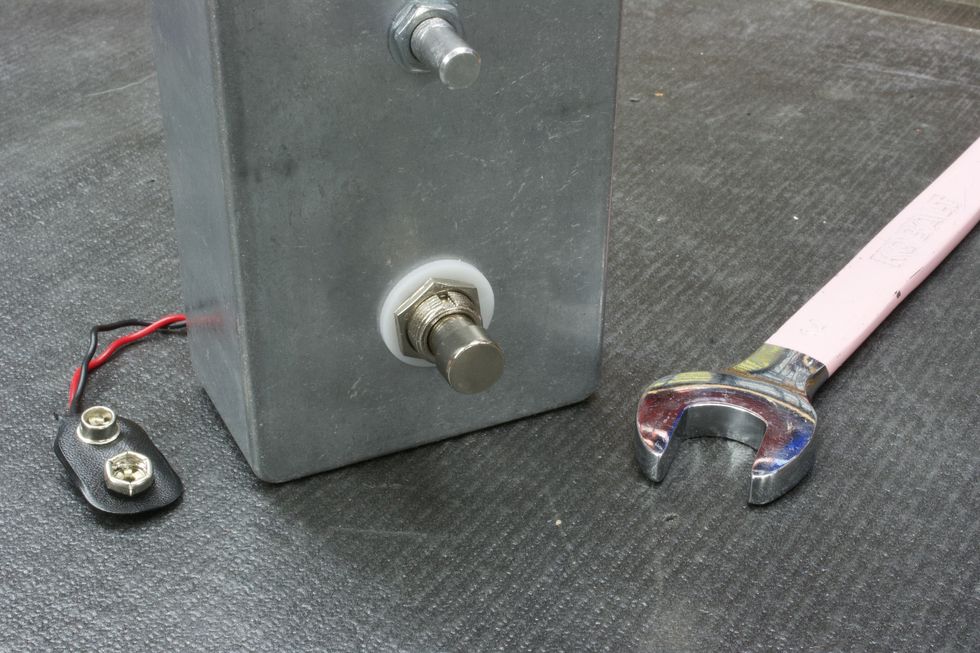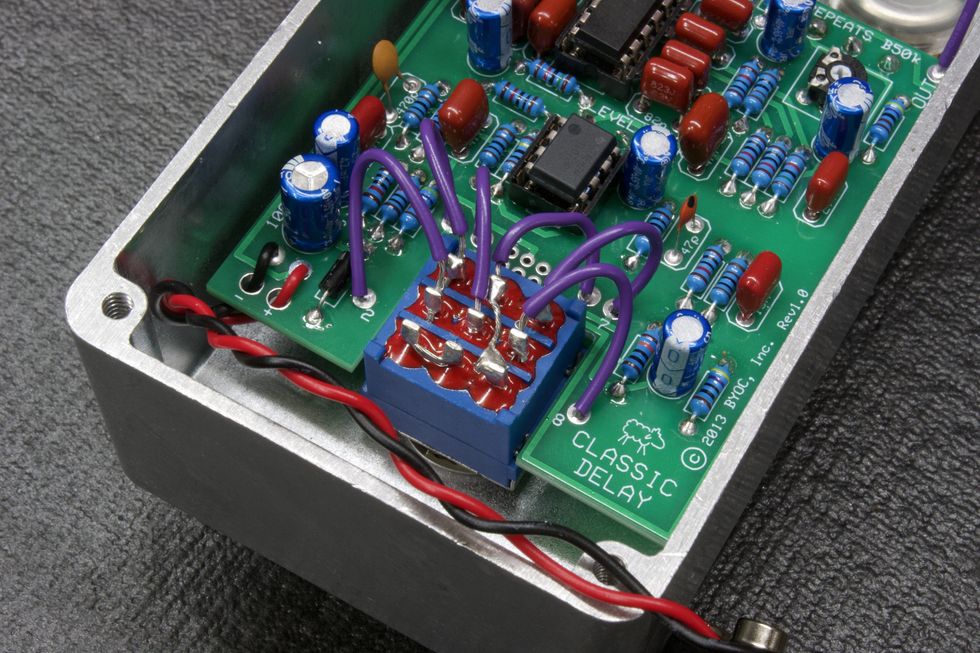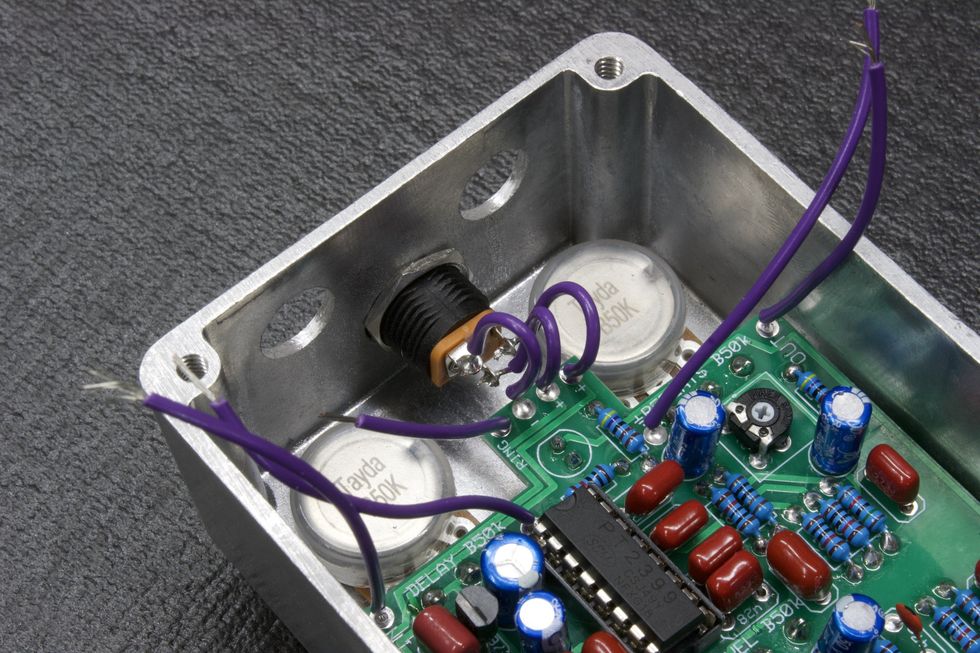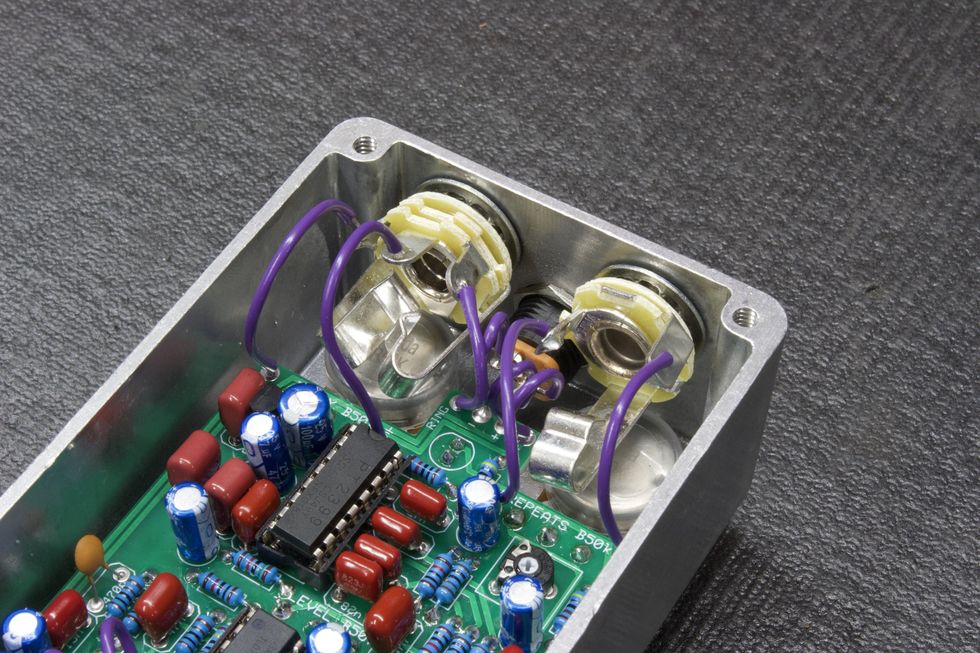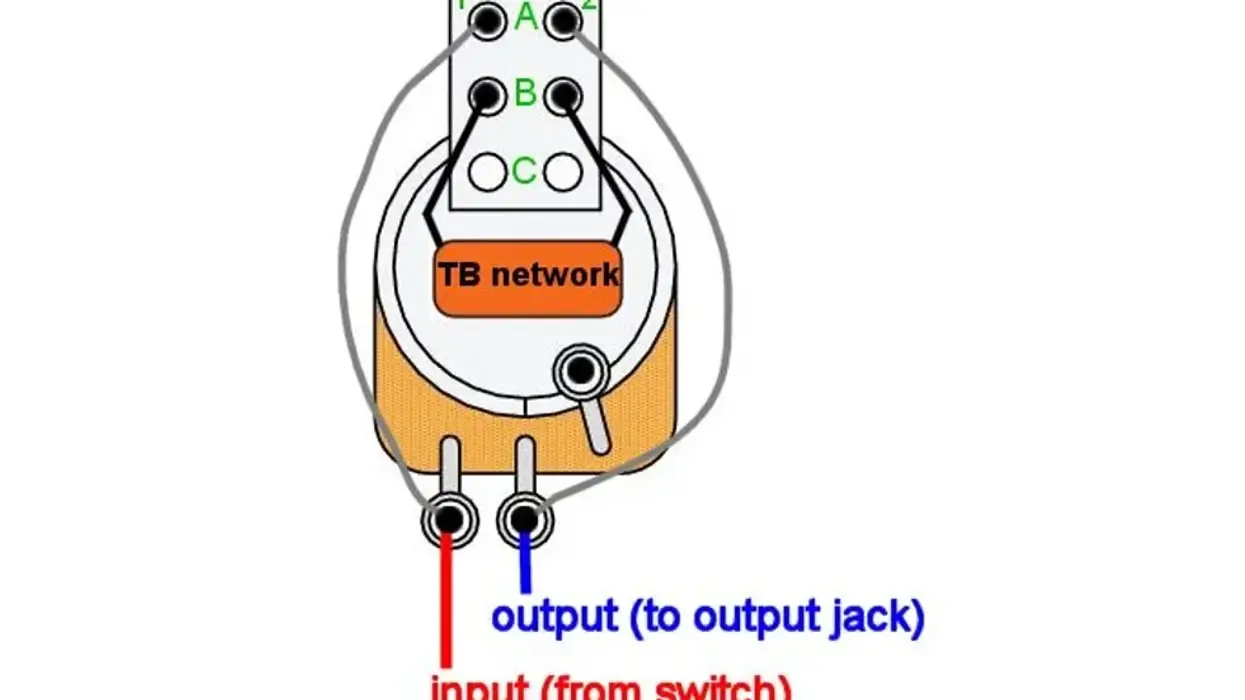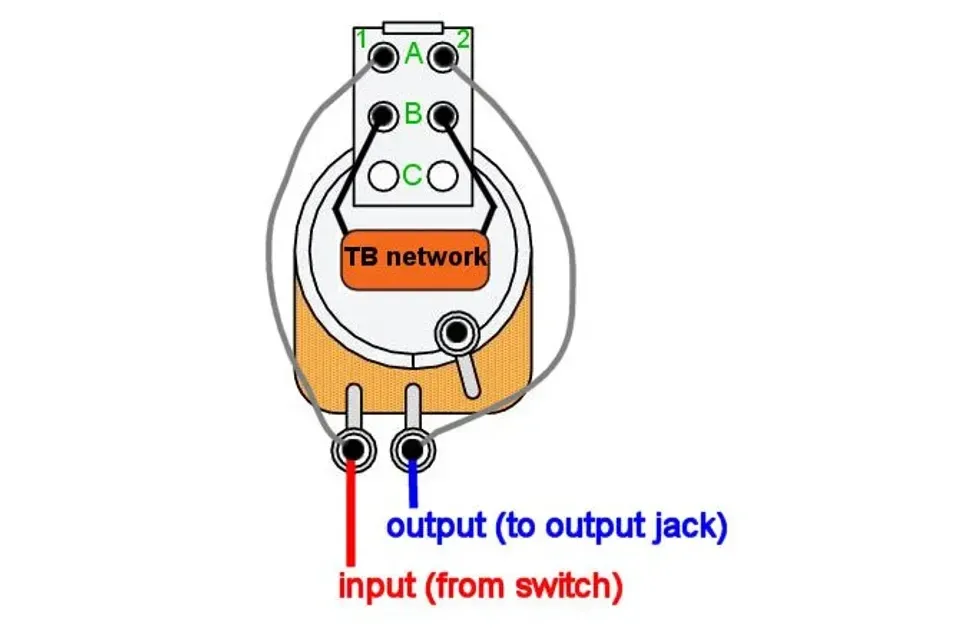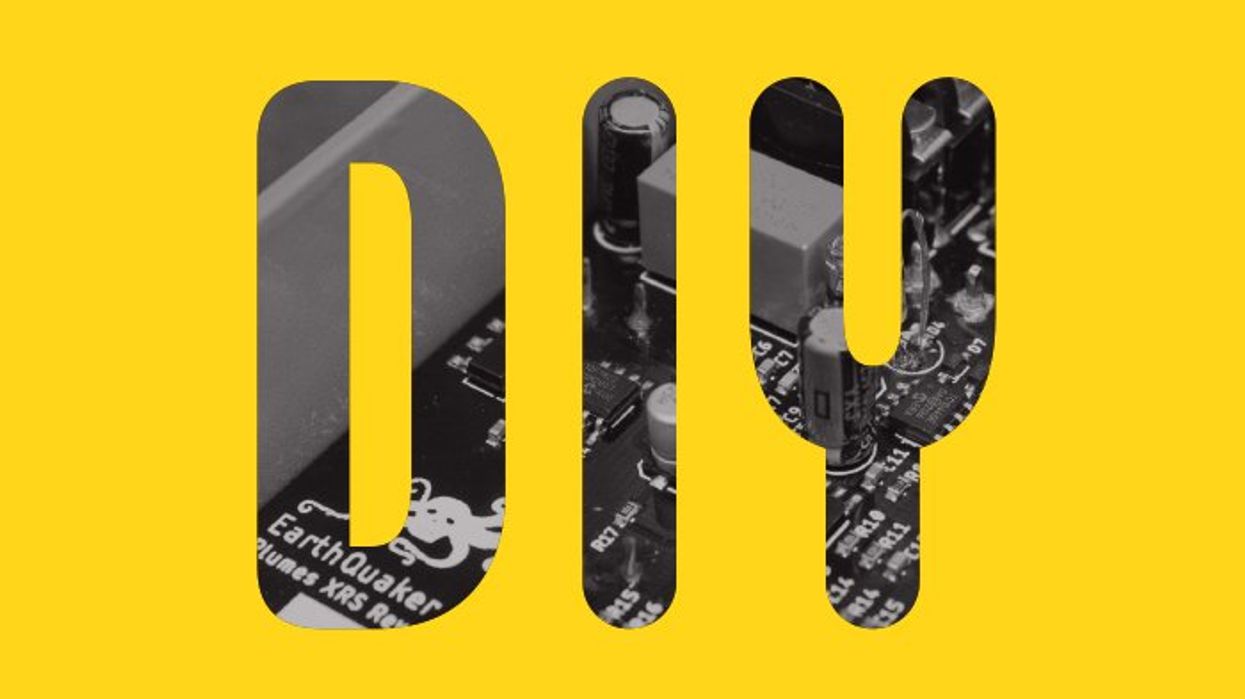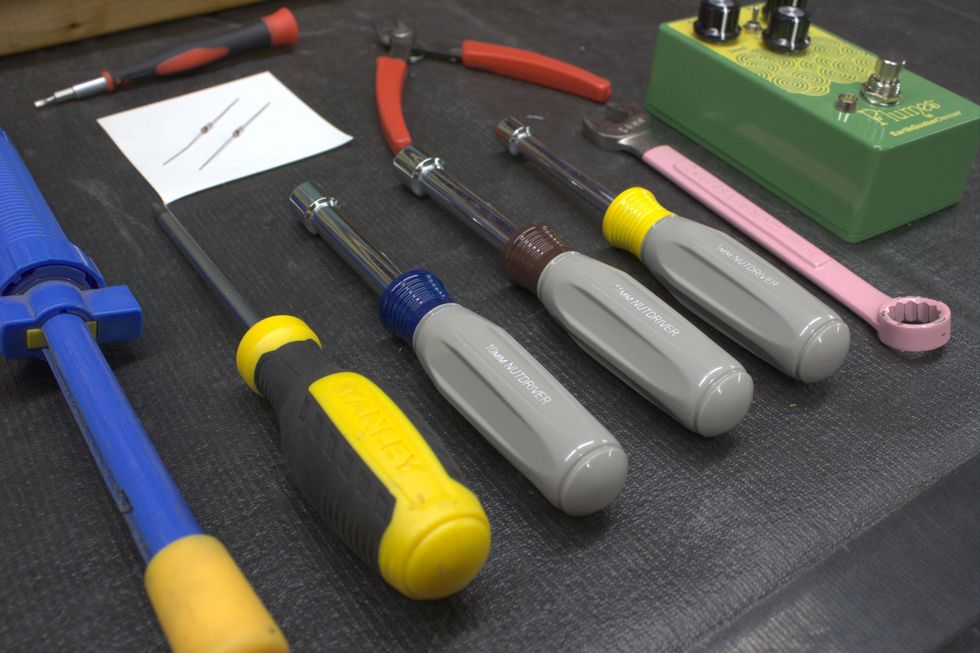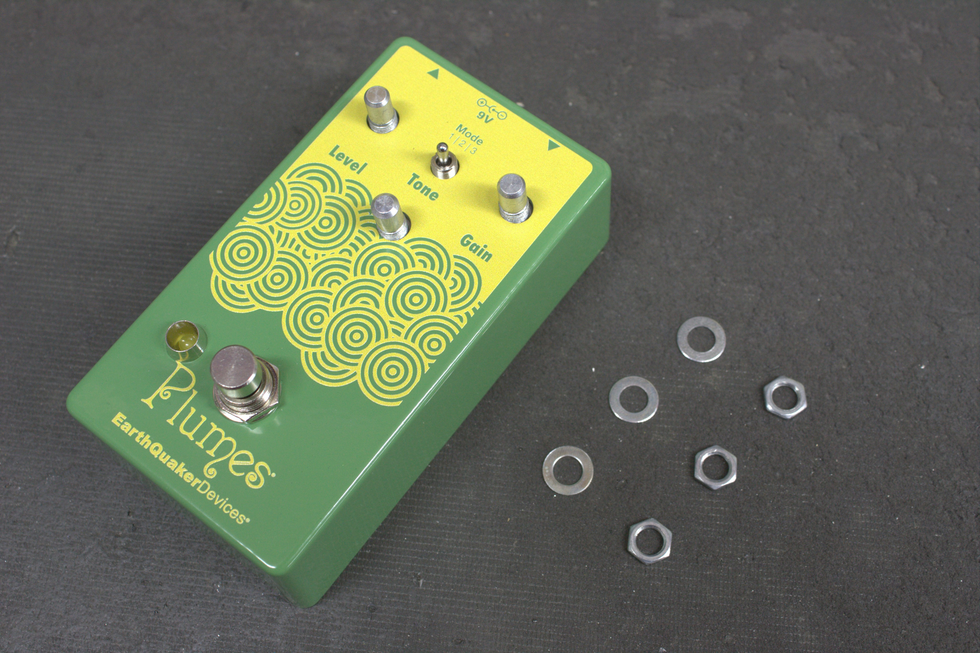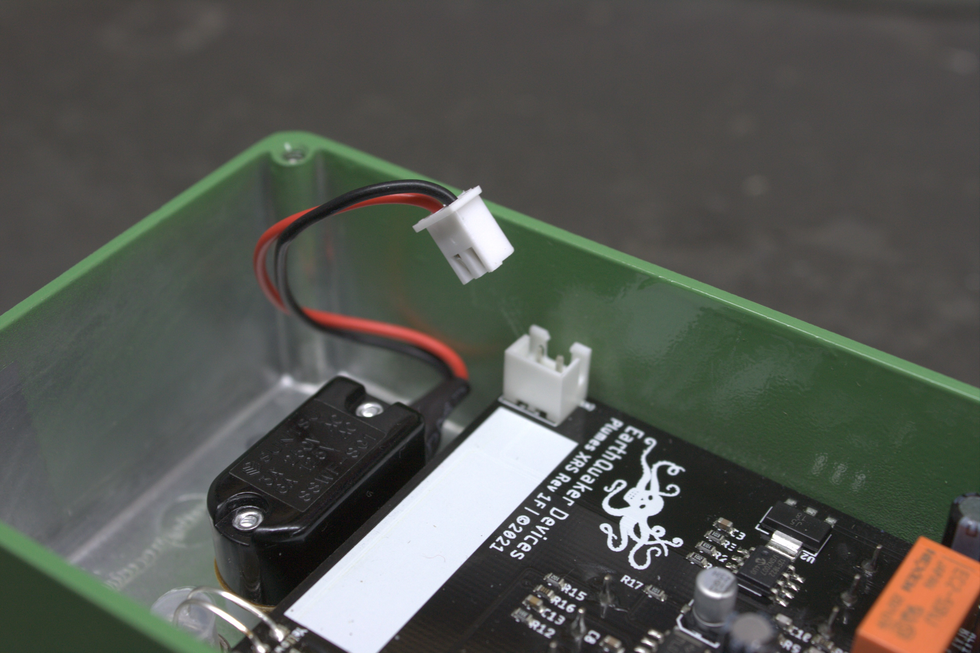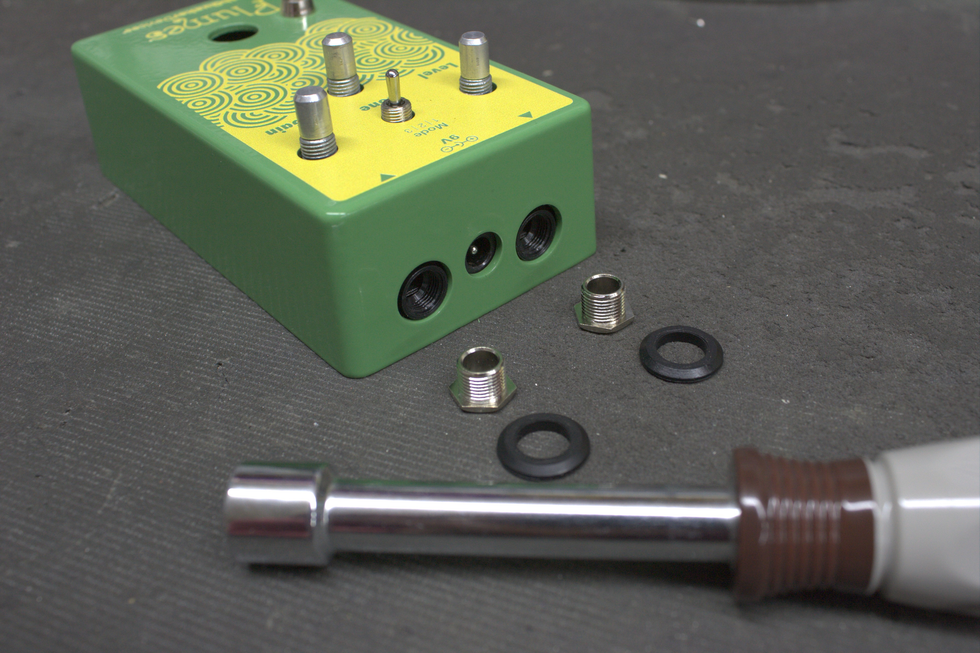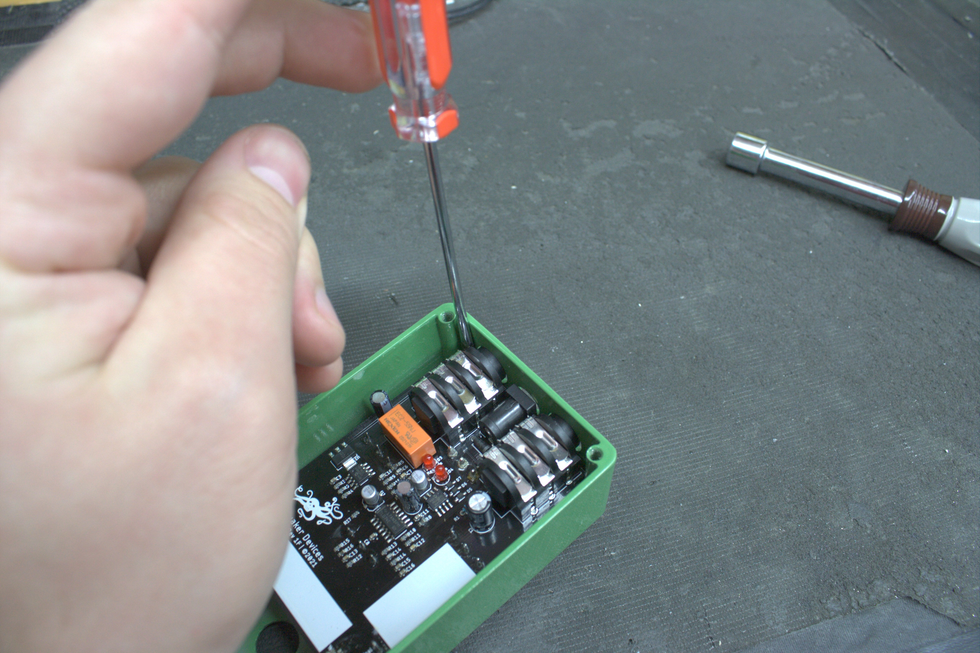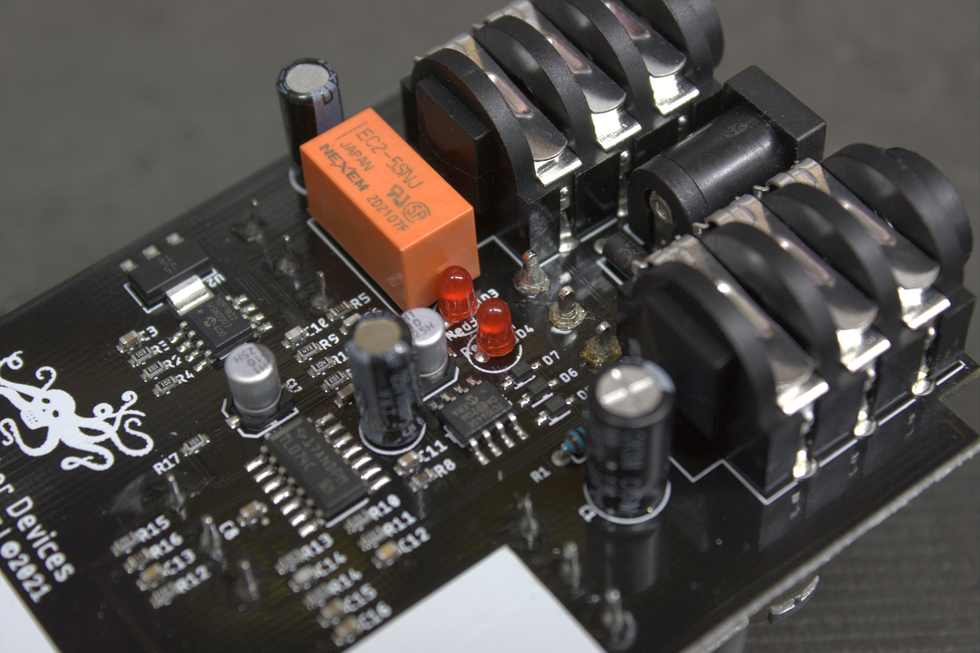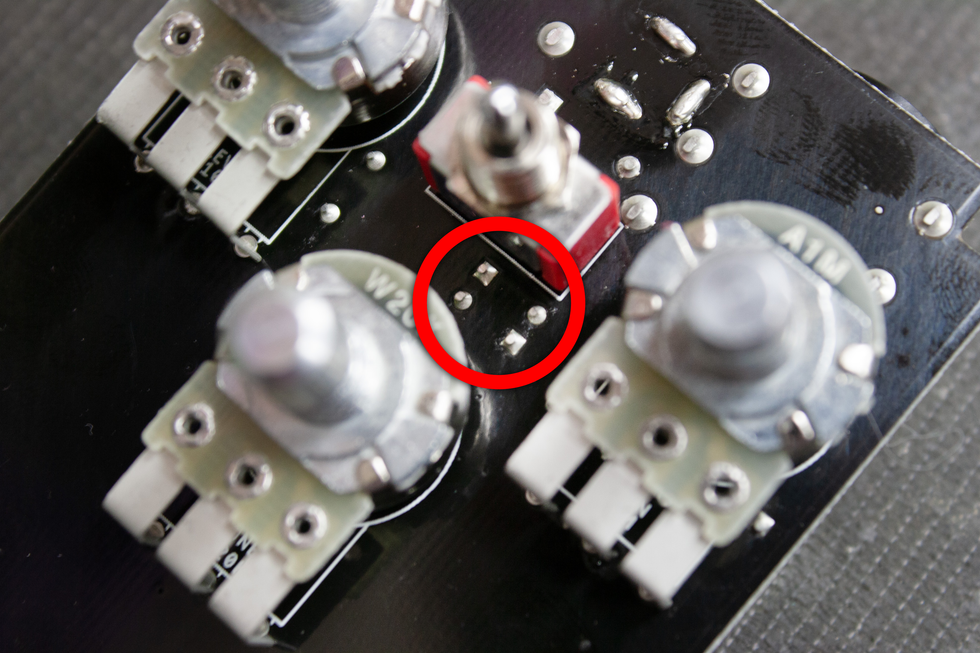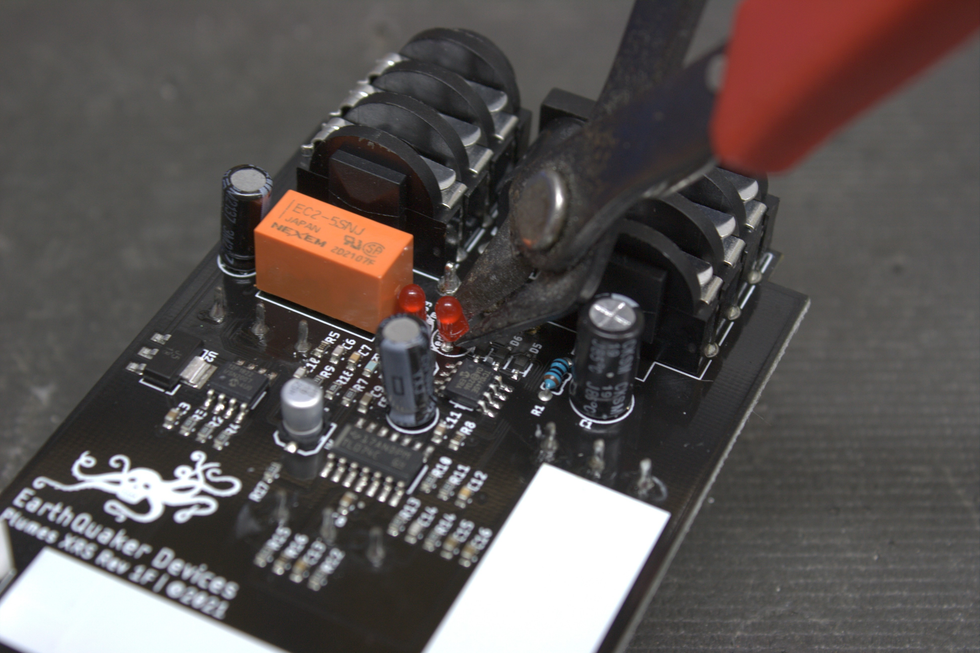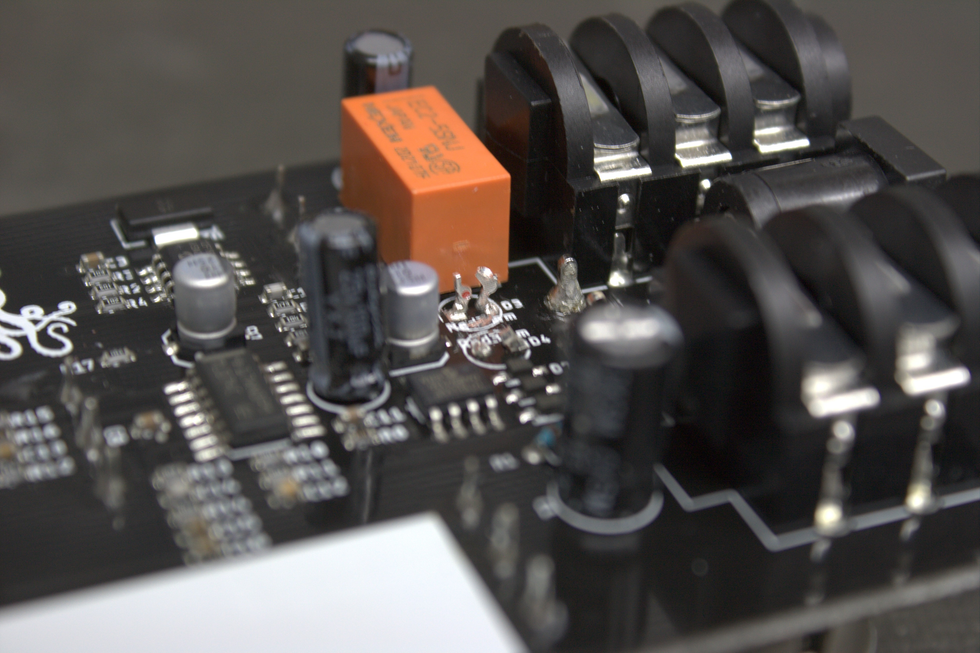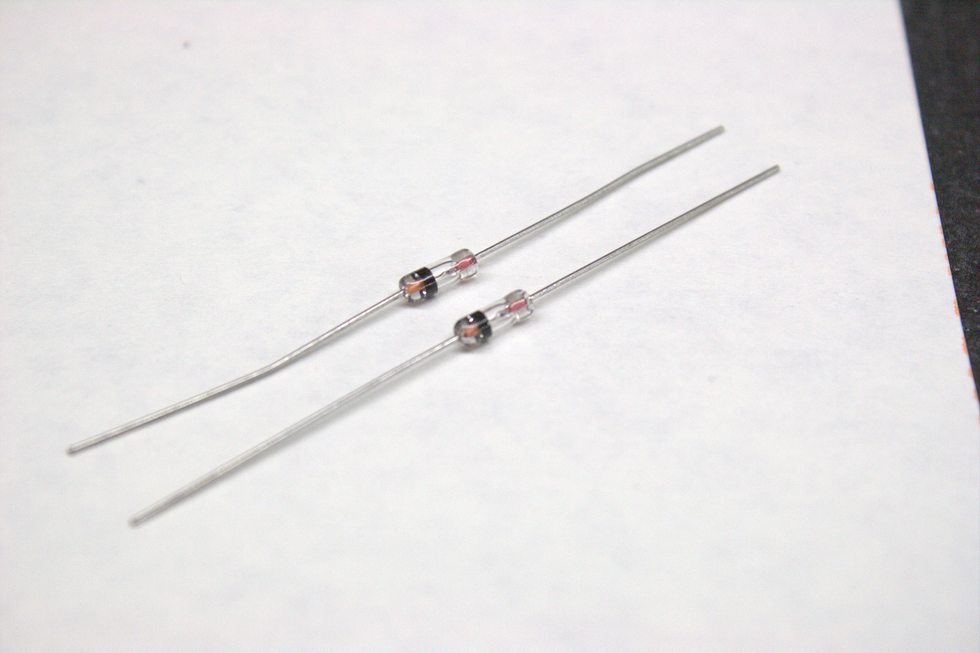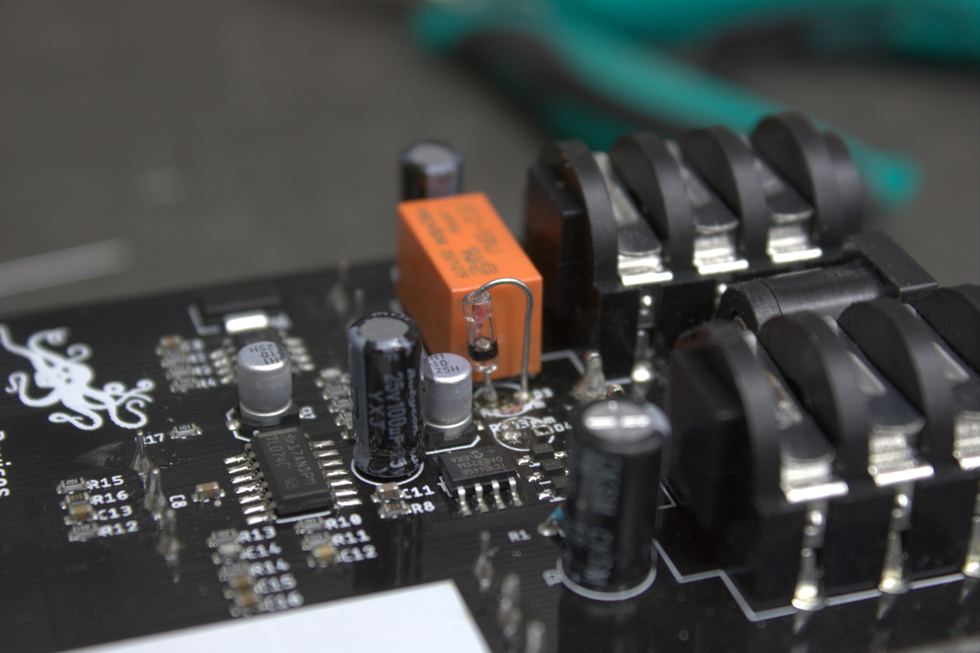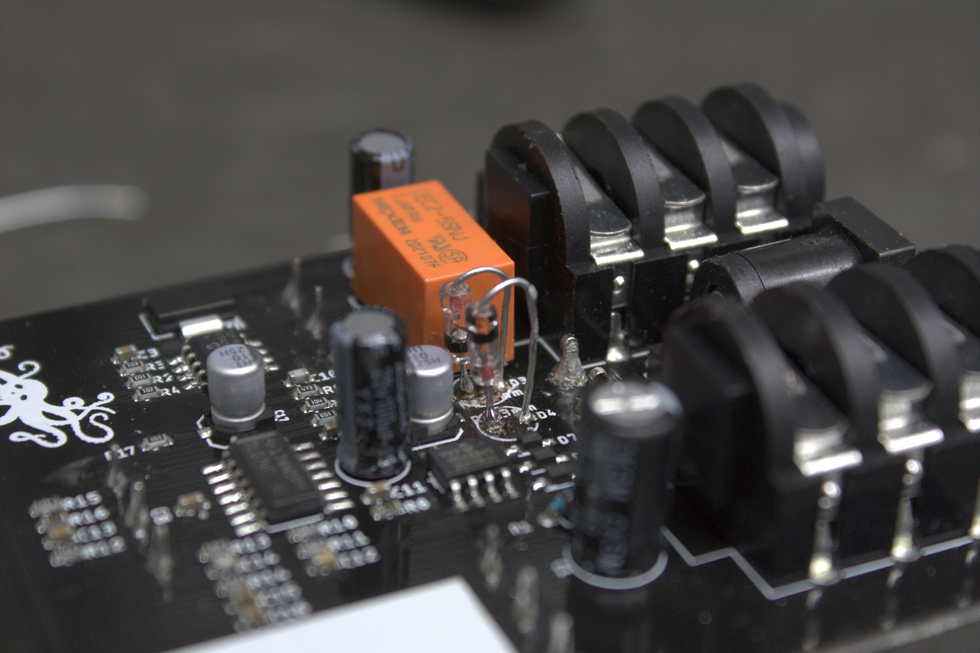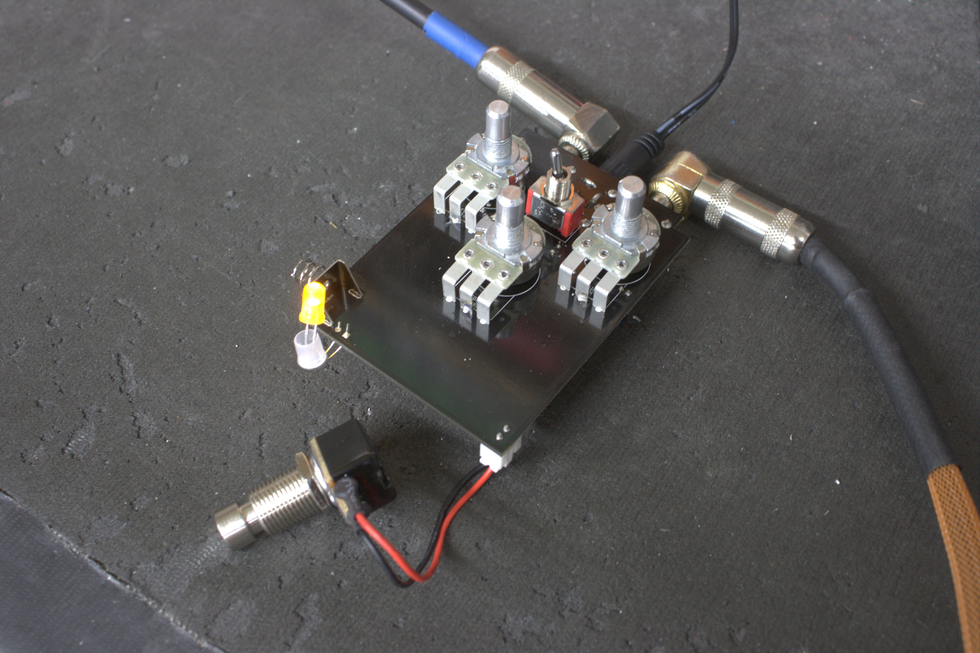In nearly every industry I can think of, companies often come out with new and improved versions of their products—sometimes on an annual basis. Car companies do it, tech companies do it, and even guitar companies do it, without customers so much as batting an eyelash. Whenever guitar pedal companies do it, however, customers are sometimes ready to grab their pitchforks and riot.
Let’s consider a couple of typical comments you’ll see online when a company has a history of releasing multiple versions of a product:
• “Nah, I’ll just wait until next year when they come out with V2.”
While this sentiment is understandable, the logic is not. If this is what you believe, then buying anything at any time is a bad idea because there will come a time in the future where the current product is obsolete. Humans and the companies they work at are constantly innovating and trying to improve things for their customers. So, with this line of thinking, you’ll also not be buying that car, new phone, or other gadget.
• “I don’t understand why they didn’t come out with this version originally.”
Well, the short and honest answer is that we may not have known how to make this “improved” product when we first started, and that has certainly been my personal experience. In most cases, pedal builders are releasing the absolute best thing they can make at that time. That doesn’t mean we will stop learning and improving our craft as the days, weeks, and years pass by. There is always at least one thing I would change if I could start over and design every one of my products from scratch. I think it would be disappointing otherwise, as it would be an indicator that I wasn’t improving. Perfection is not possible, nor should it be the goal. I’ve run into my fair share of pedal designers that describe their products as “perfect,” and it’s difficult for me to accept that. It’s just too far from my experience and expectations of myself. In some ways, I’m envious that they can be that satisfied with their creation, but it also just doesn’t quite feel right, or accurate.
Think about your favorite album. Was it the band’s first record? Their third? Why aren’t all of their records as good as your favorite one? There are no definitive answers to these questions, because there were innumerable variables that went into the production of that thing that you love so much. Maybe technology improved. Maybe the musicians got better. Maybe they had some life experiences. And sometimes, all of these variables can add up to something that wasn’t as good as before. Sometimes, at least in the eyes of the consumer, version 1 is better than version 2.
This is precisely why version 2 (or version 3, for that matter) is important. It’s a clear effort and attempt to improve on something, and that’s a good thing even if it doesn’t achieve those objectives 100 percent of the time. Further, a new version of something doesn’t immediately make your older version bad or inferior. If you love something, you love it. Why does the existence of a new iteration of the thing you love change your relationship with it?
Another neat thing about new versions is they often contain features that our customers specifically requested. Maybe you emailed a company something like, “I love everything about this pedal except for _____.” If your suggestion made it into the new version, then you helped to make something ideal for your needs. And yeah, you might have to flip the previous version and take a little bit of a haircut on it to get the new thing, but I still think that’s kind of a sweet deal.
As I conclude, I will concede that I understand some of the complaints and frustration consumers have with new versions, especially for expensive products. You just shelled out a bunch of cash on something that you wanted to be perfect, only for it to be implied a short time later that it might not be perfect. And all those things people complained about on guitar forums? Well, the V2 designer addressed those to try to make people happy and improve the product. (That jerk!) From a consumer’s perspective, I think the important thing to take away here is that the designers tried to make their products perfect, they gave it everything they had, but they fell short. They always fall short. It’s impossible not to, yet we keep trying to make the perfect thing. We want it just as badly as anyone.


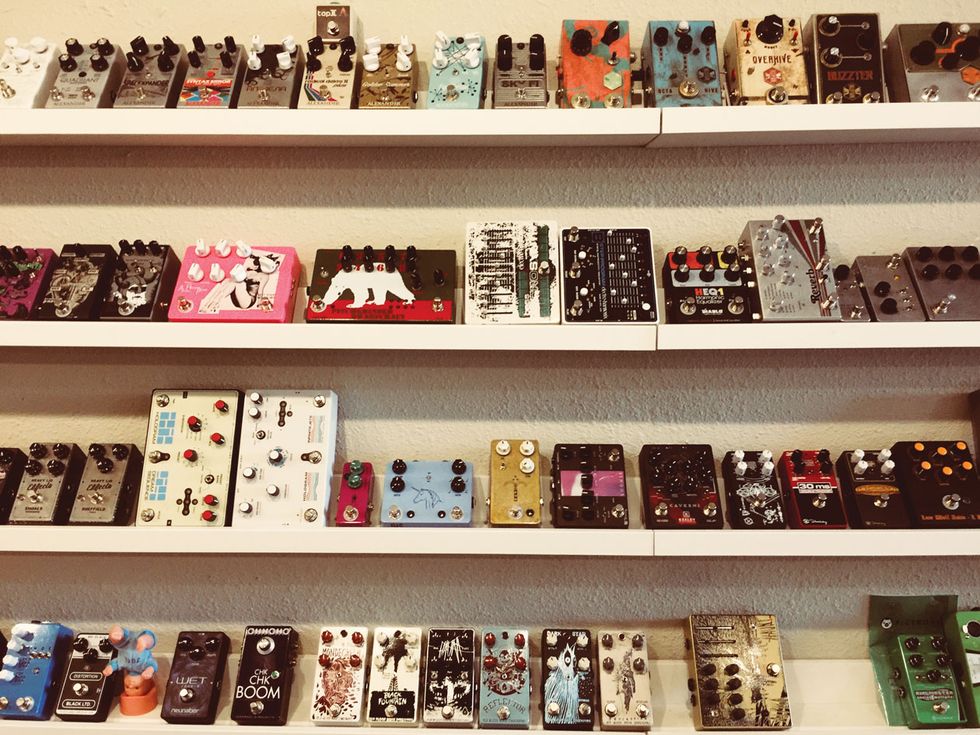

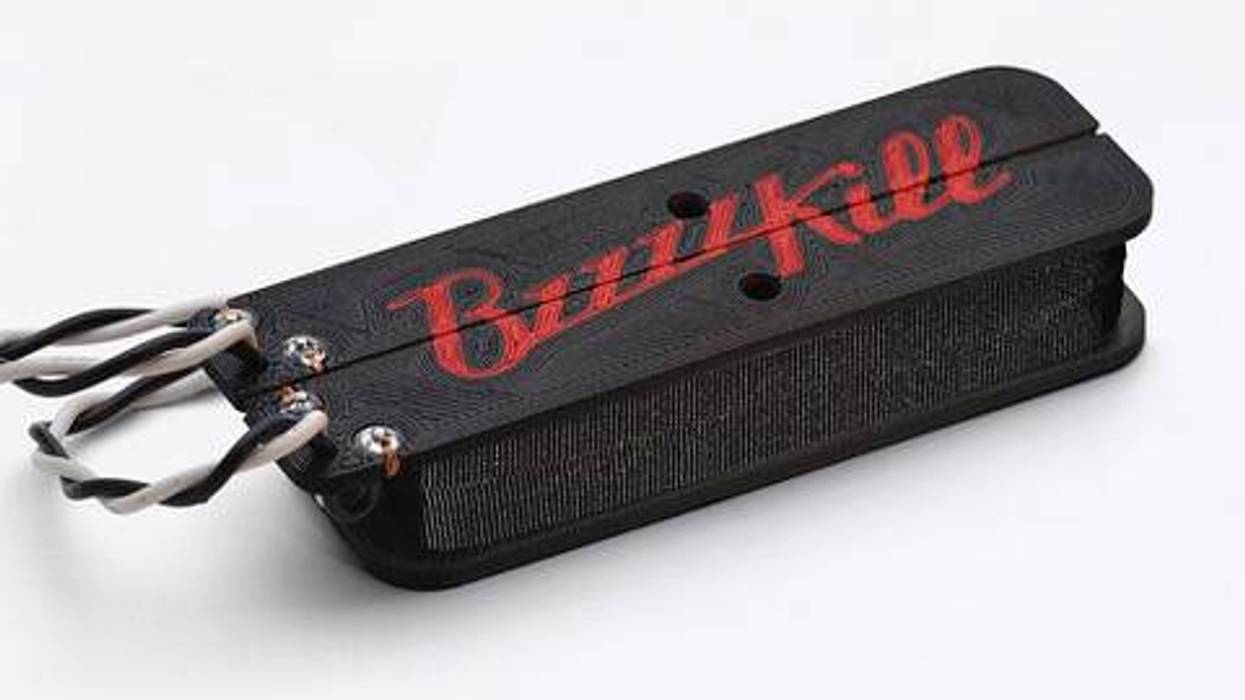






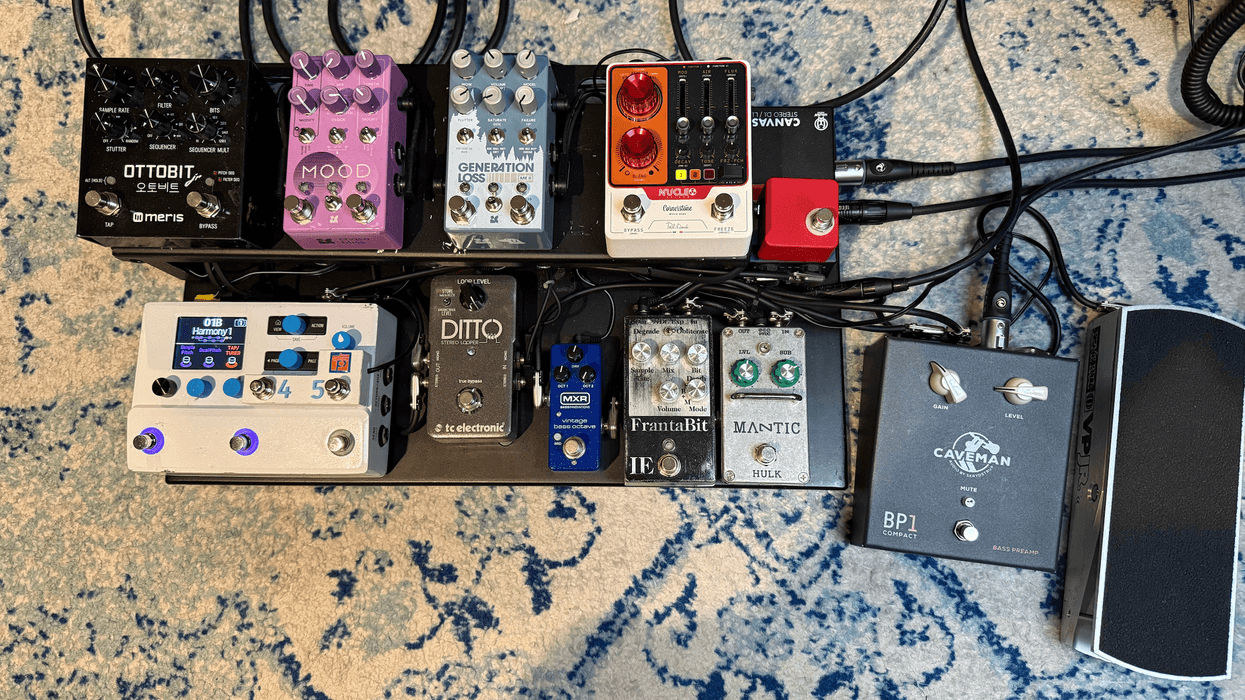


![Rig Rundown: AFI [2025]](https://www.premierguitar.com/media-library/youtube.jpg?id=62064741&width=1245&height=700&quality=70&coordinates=0%2C0%2C0%2C0)
